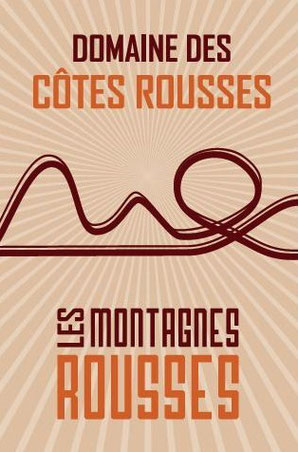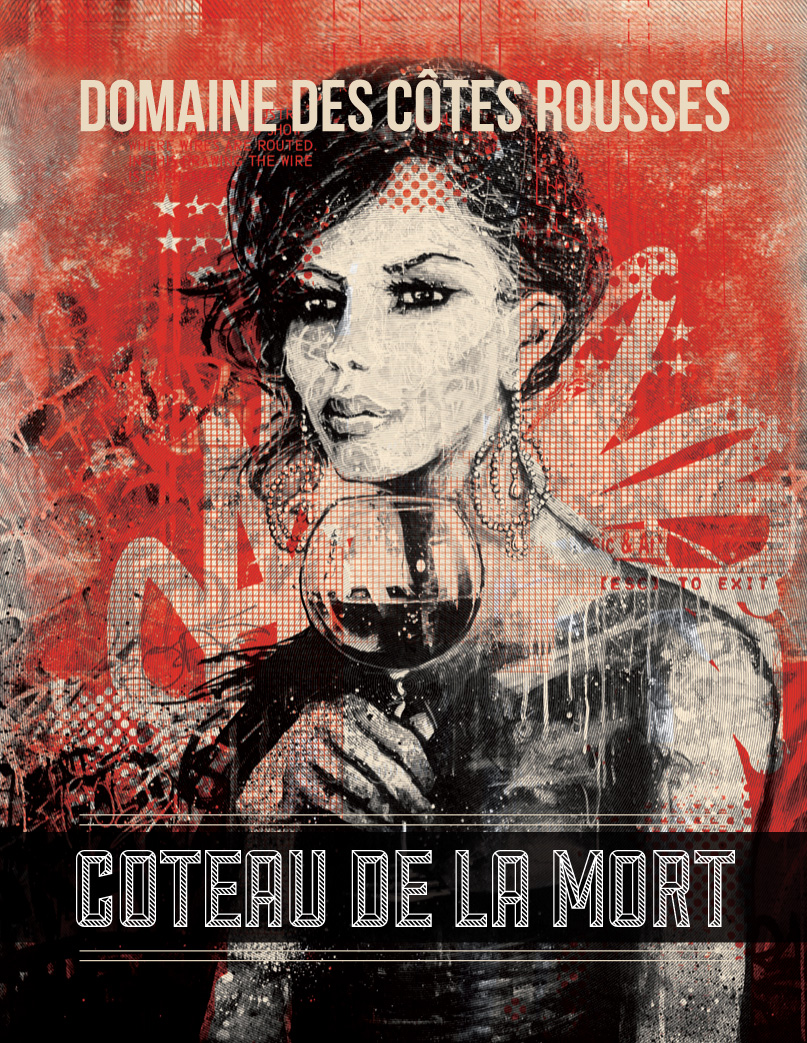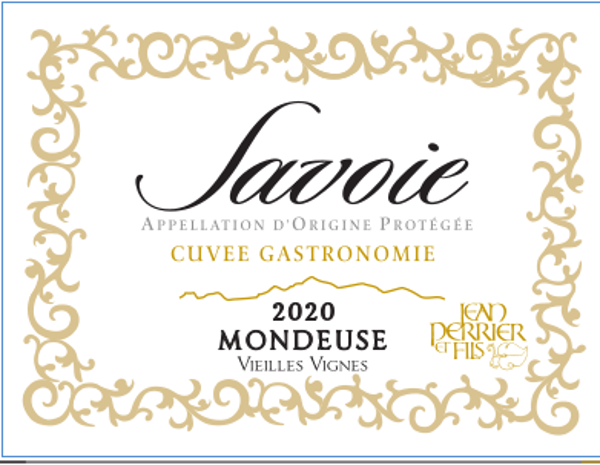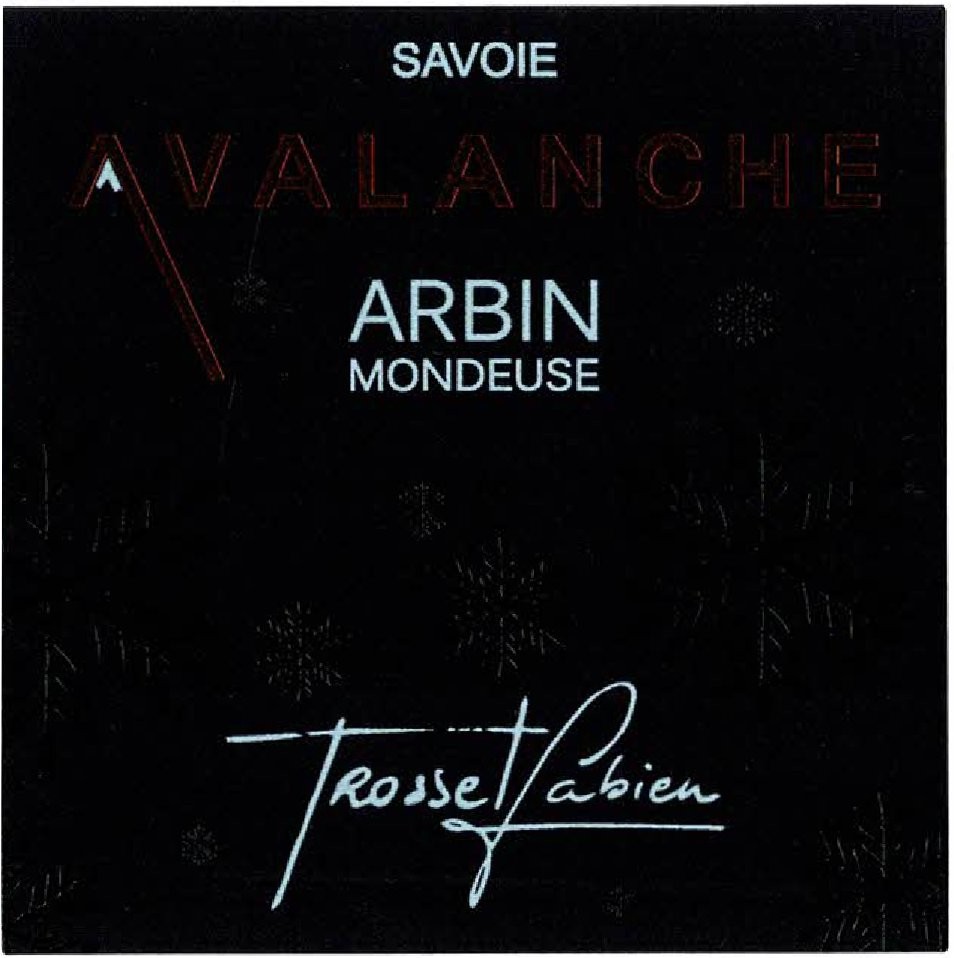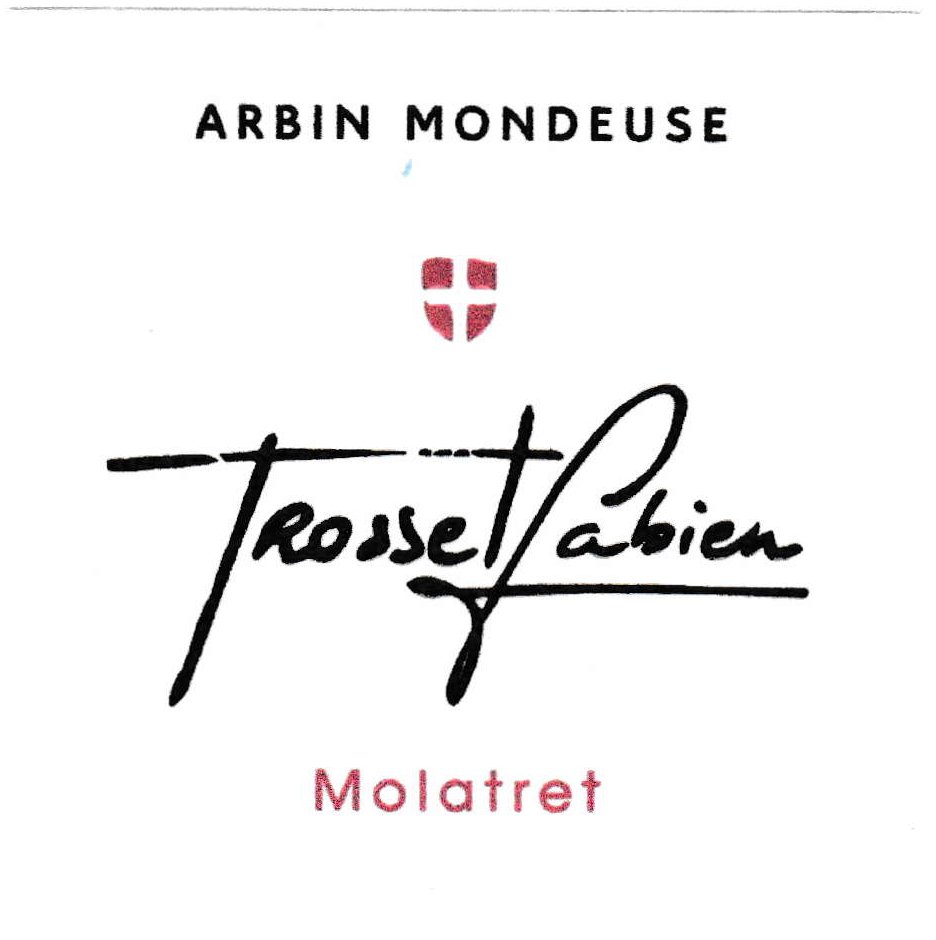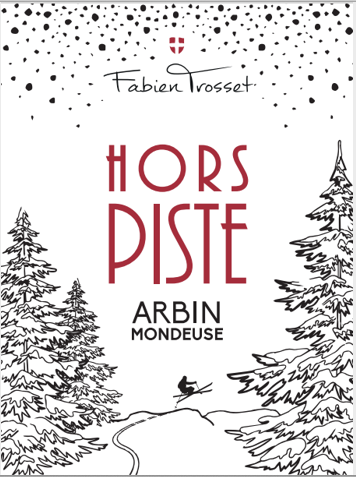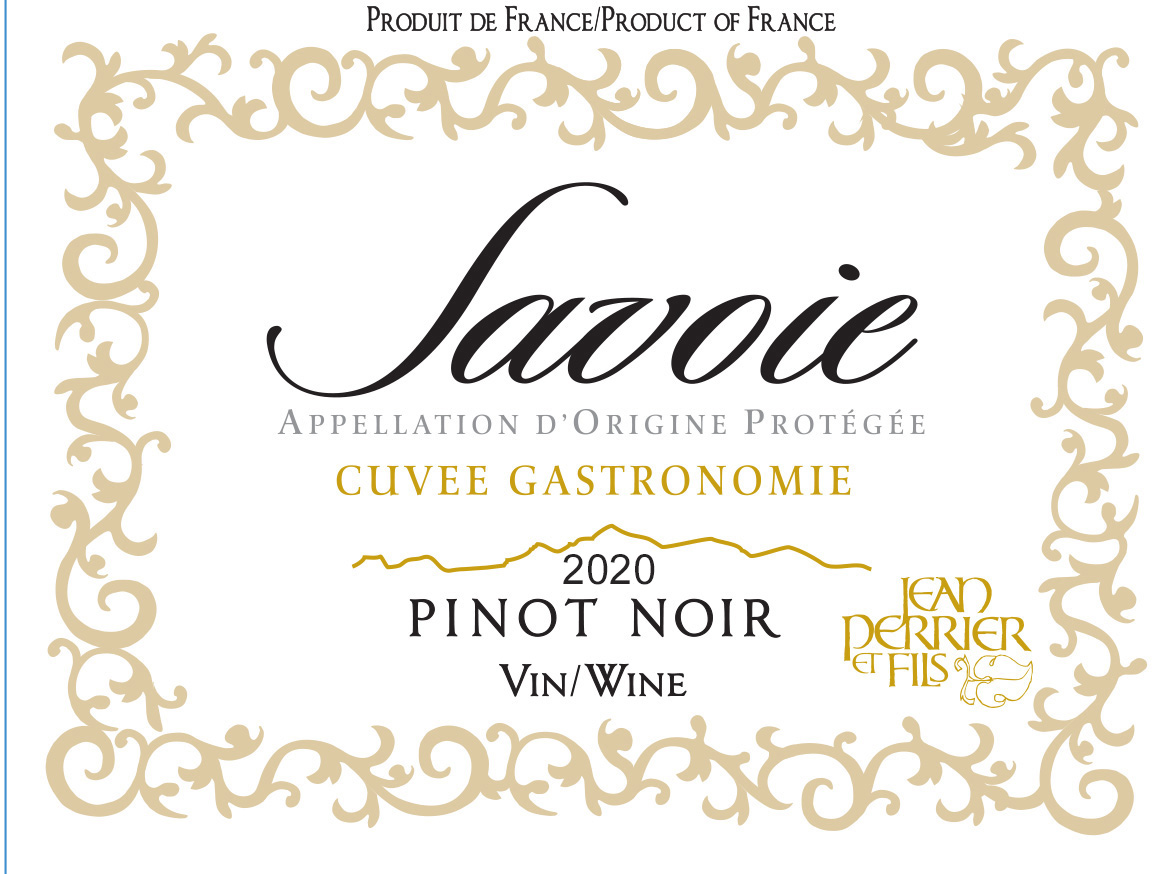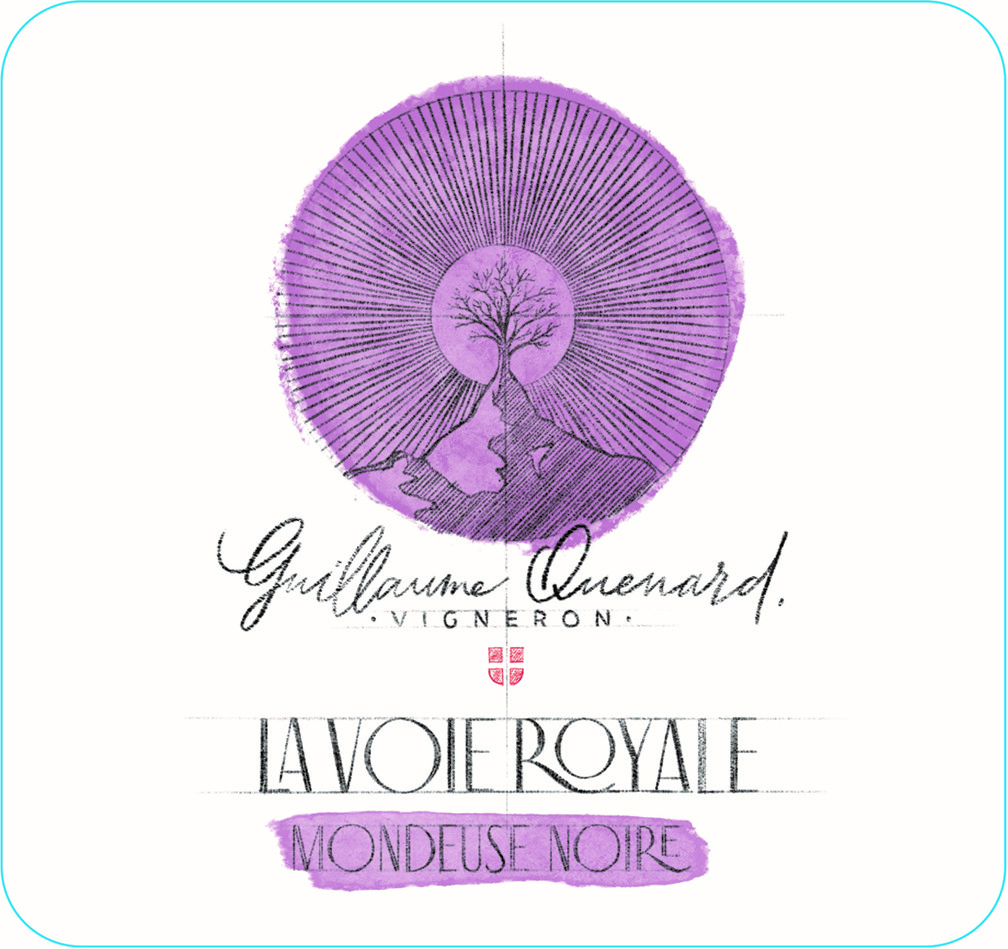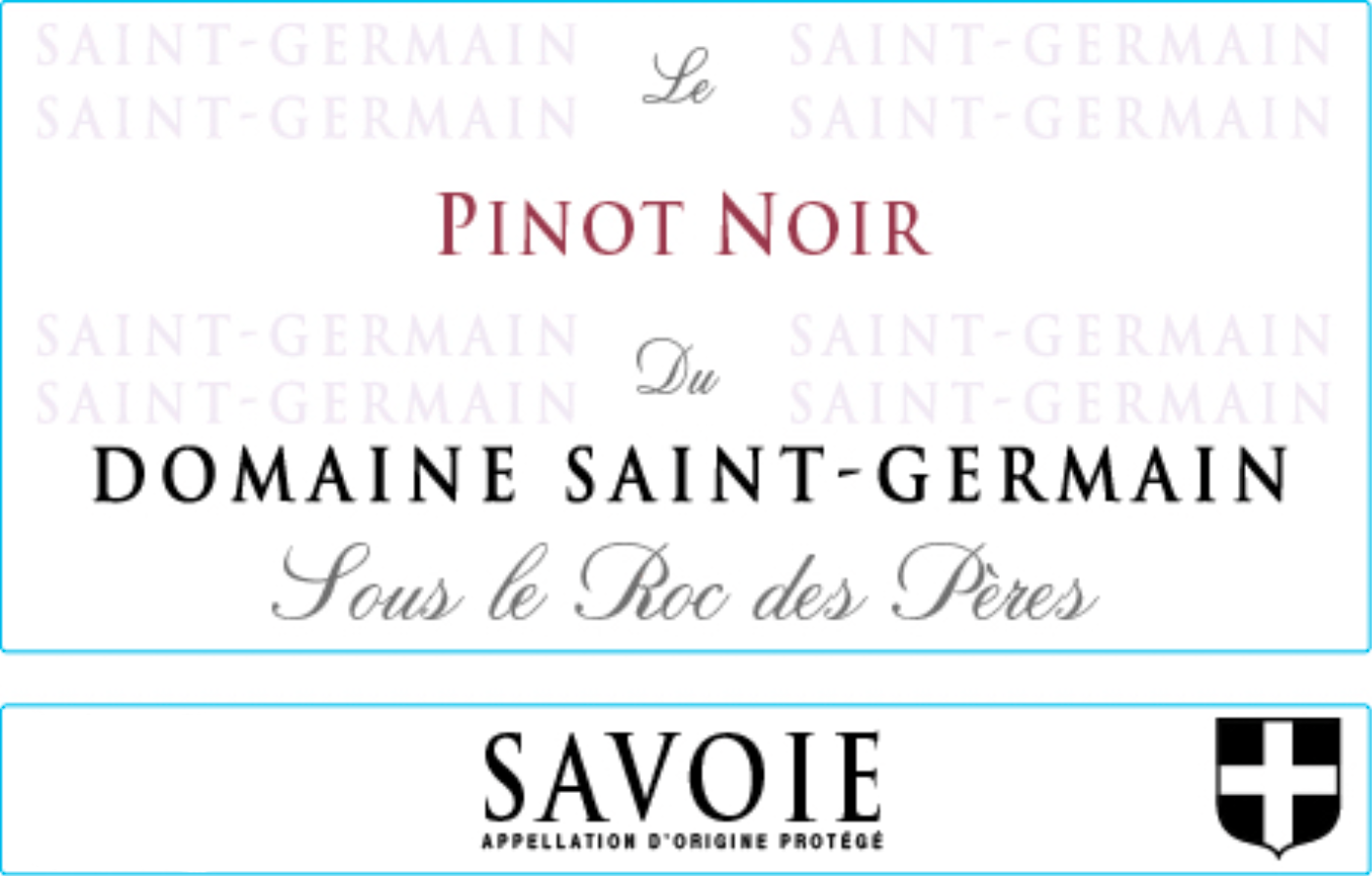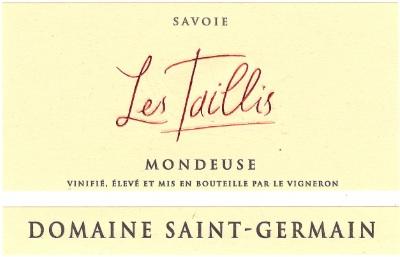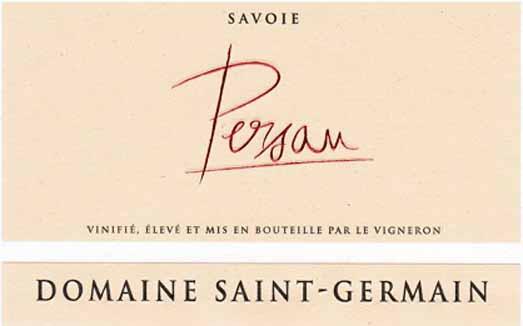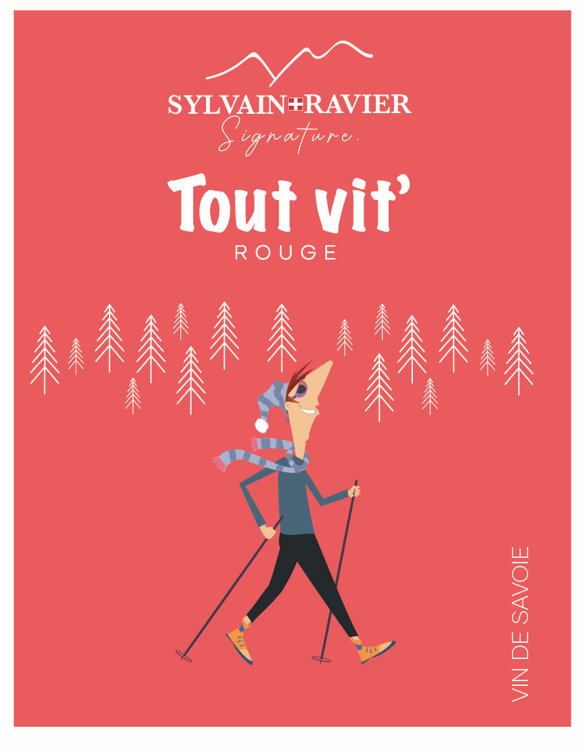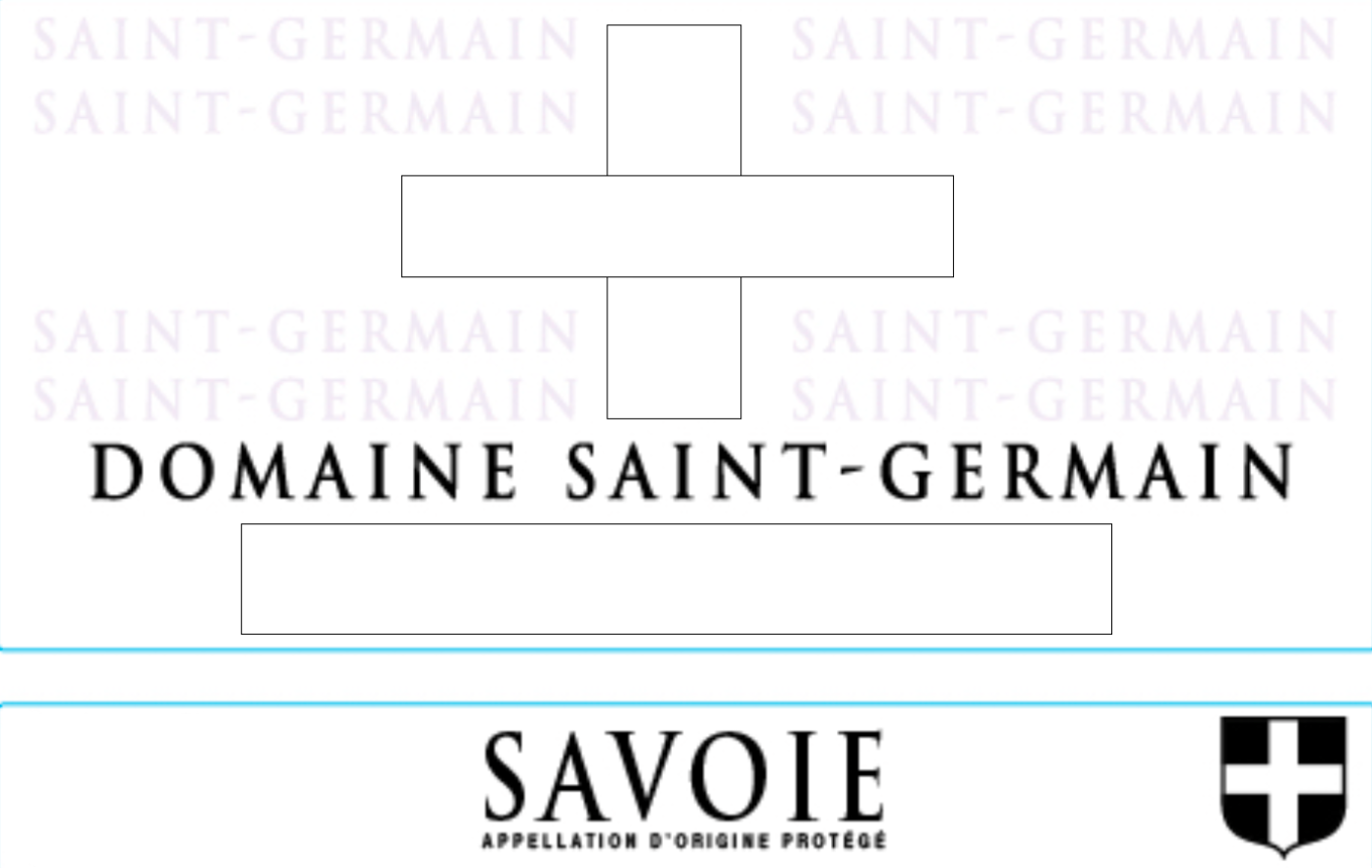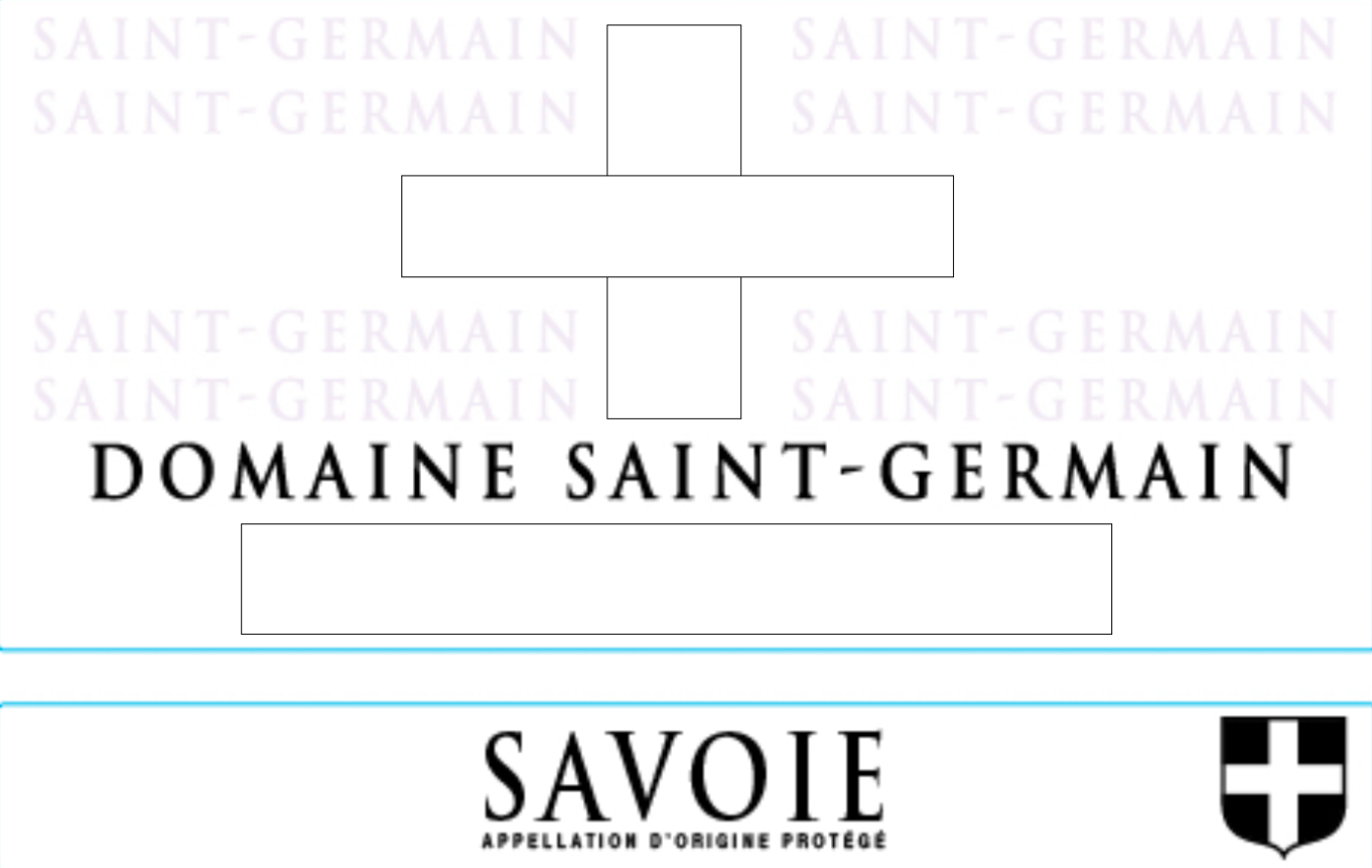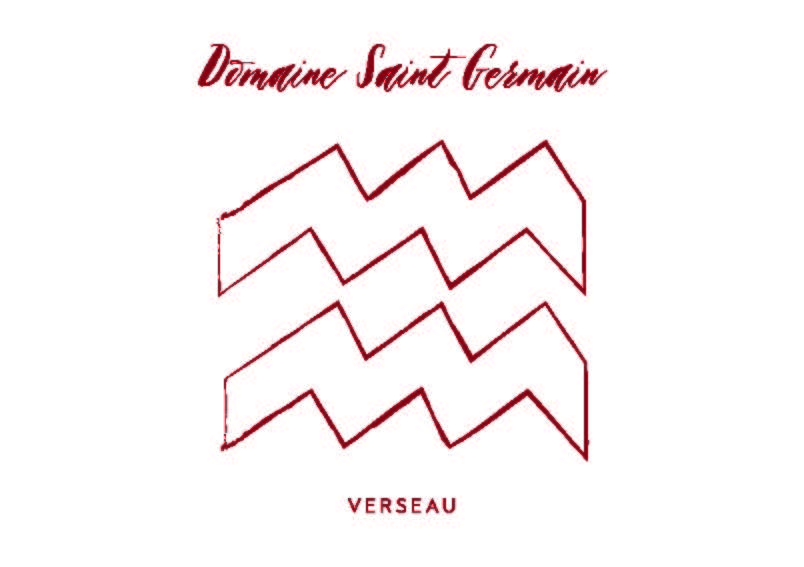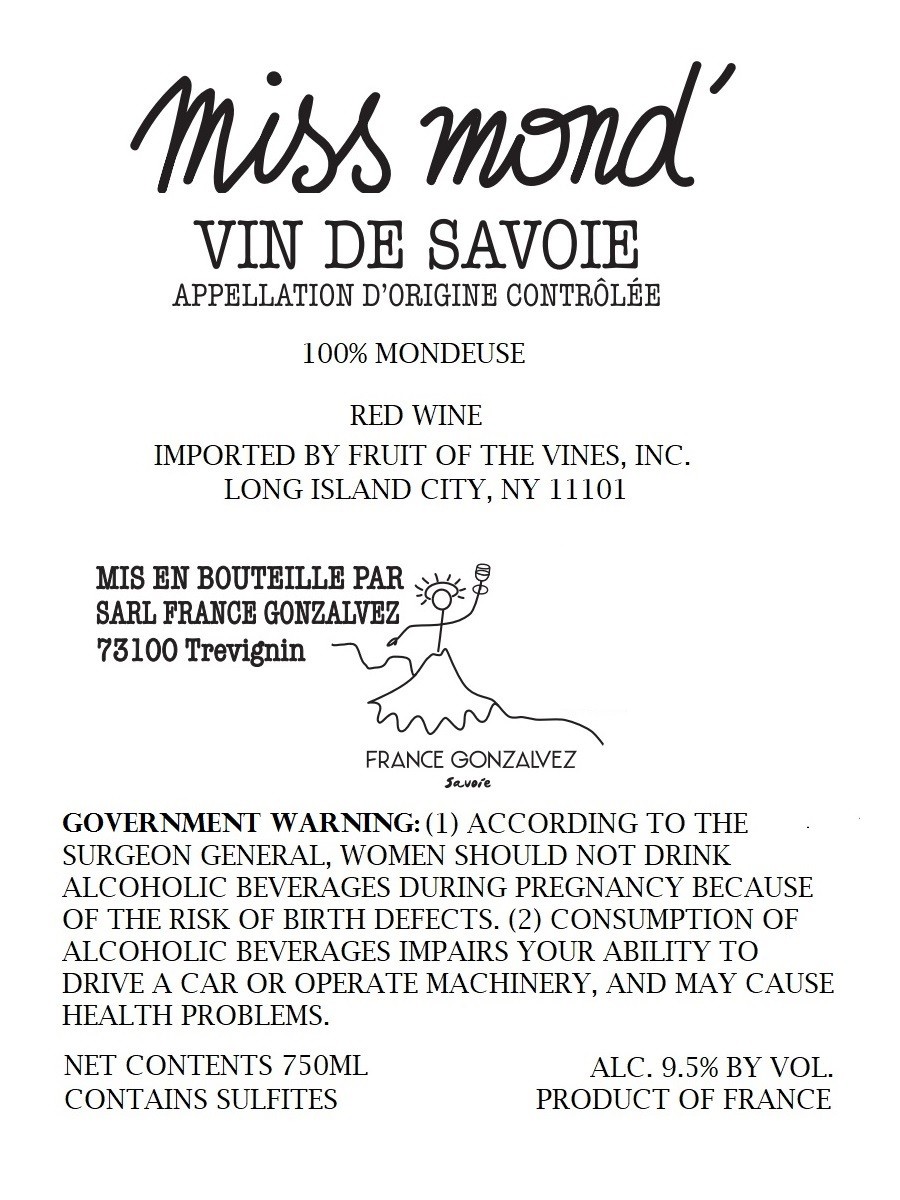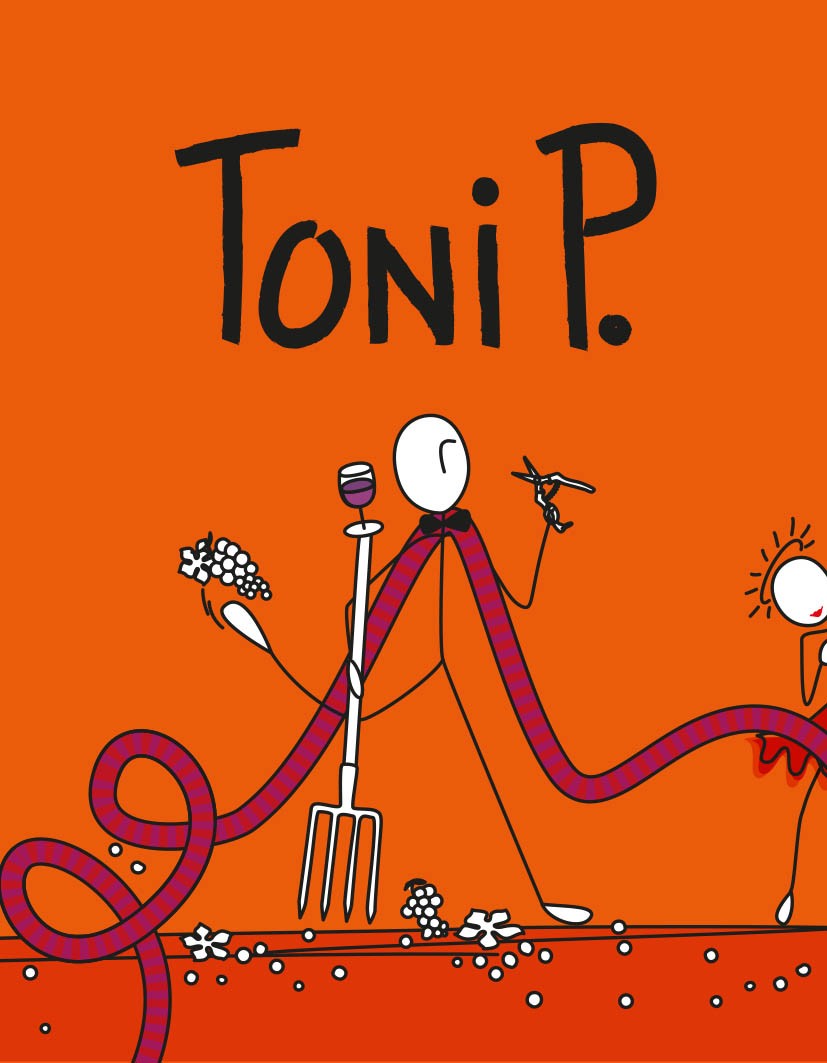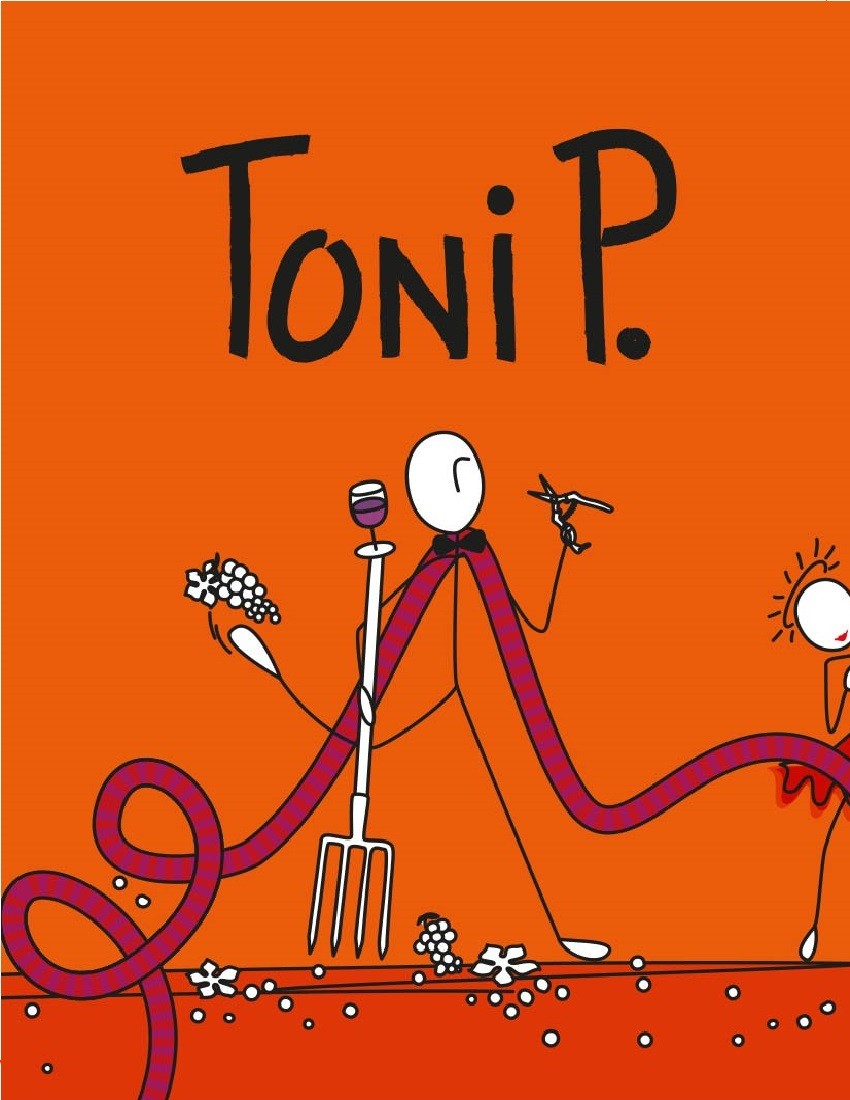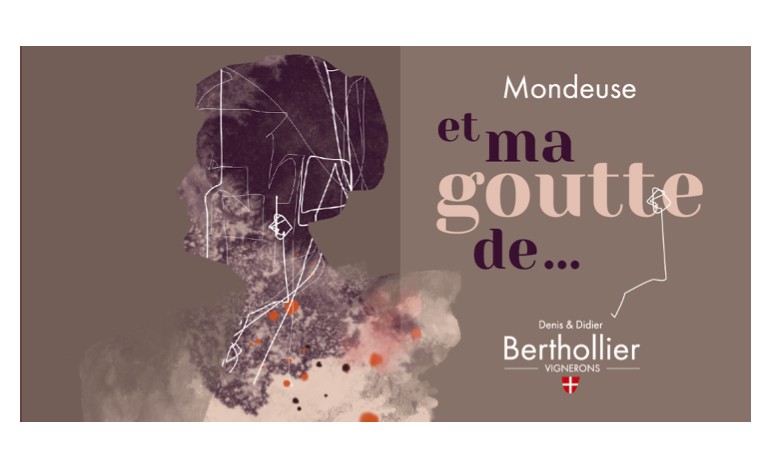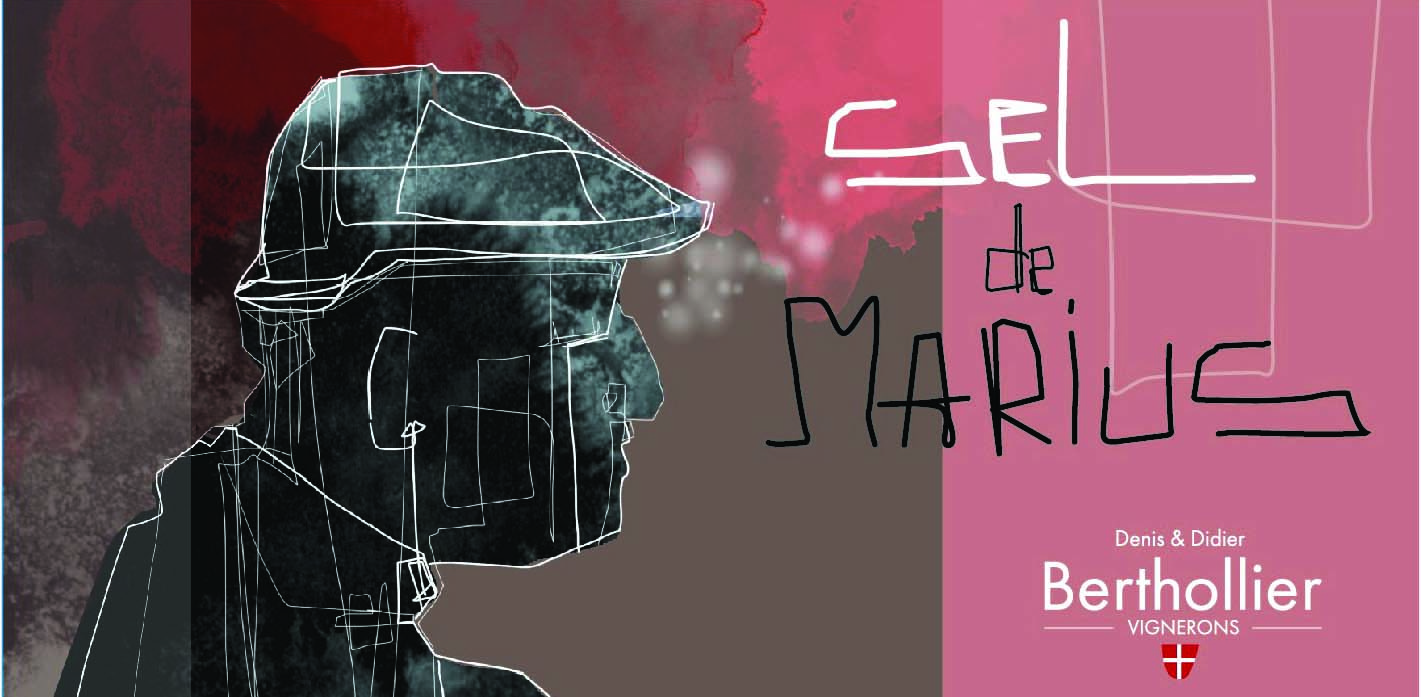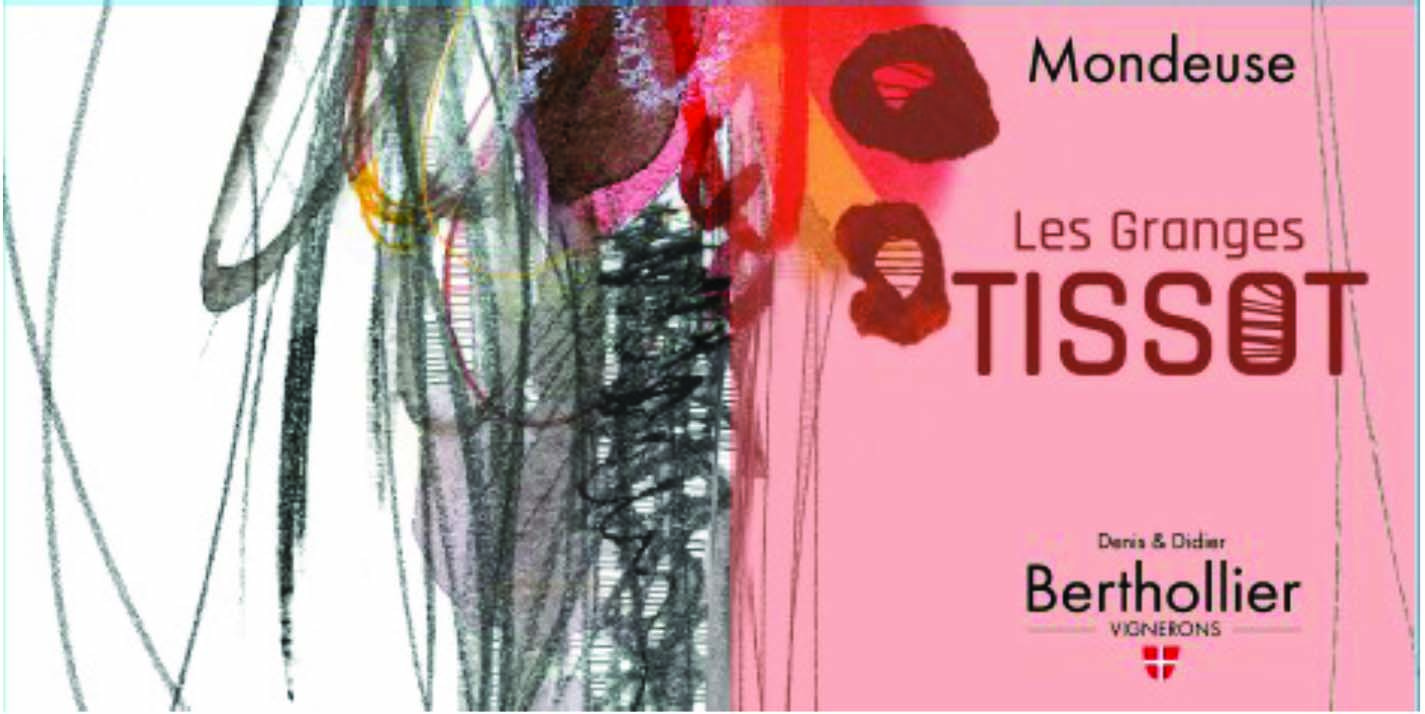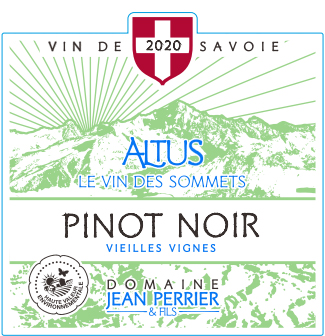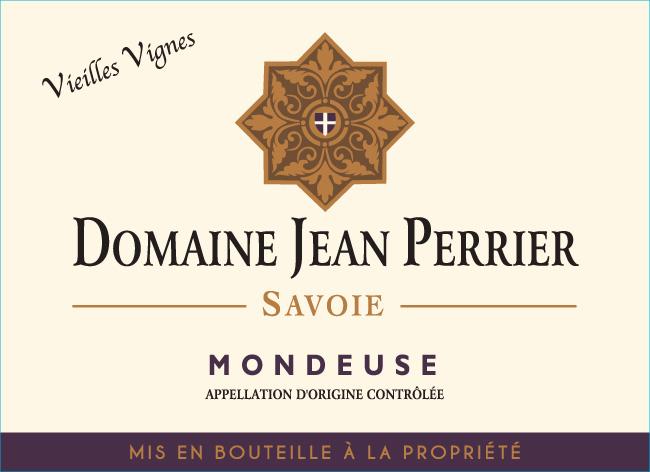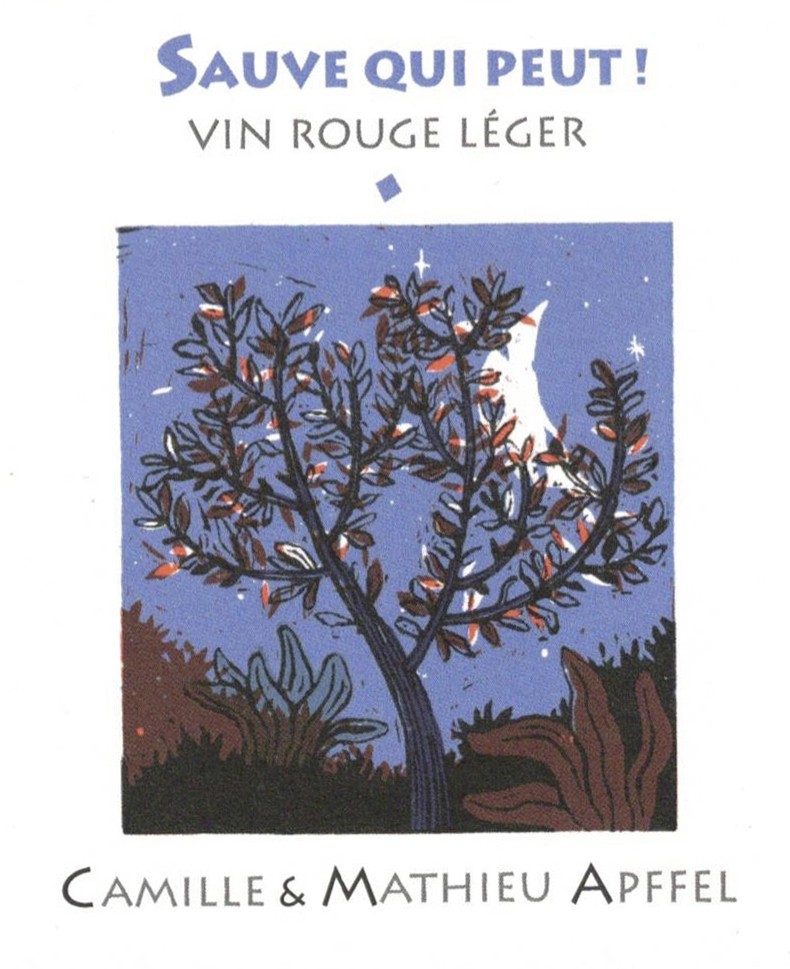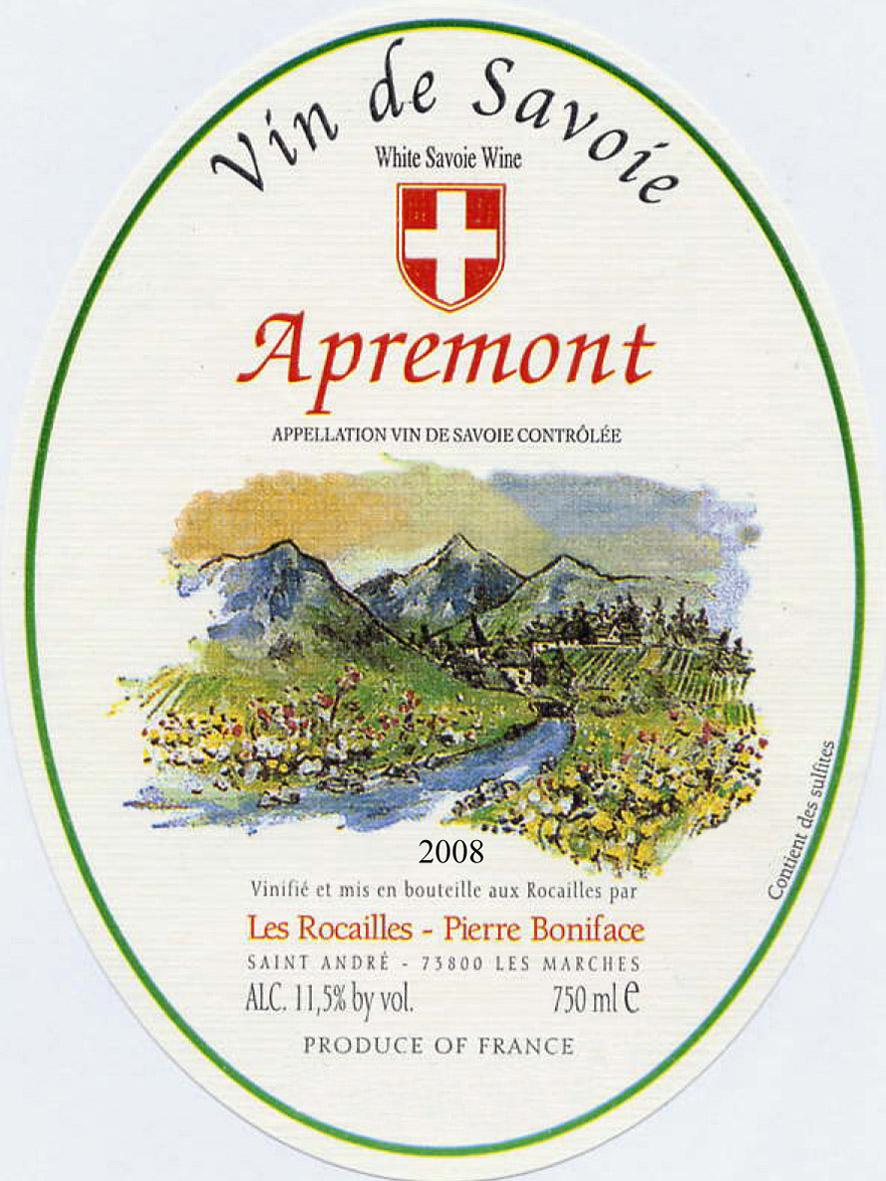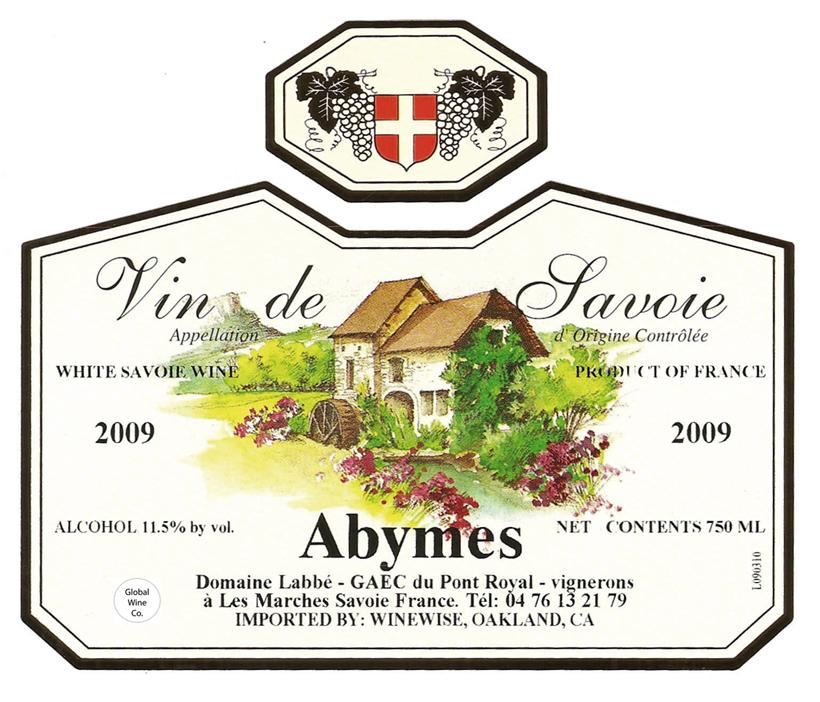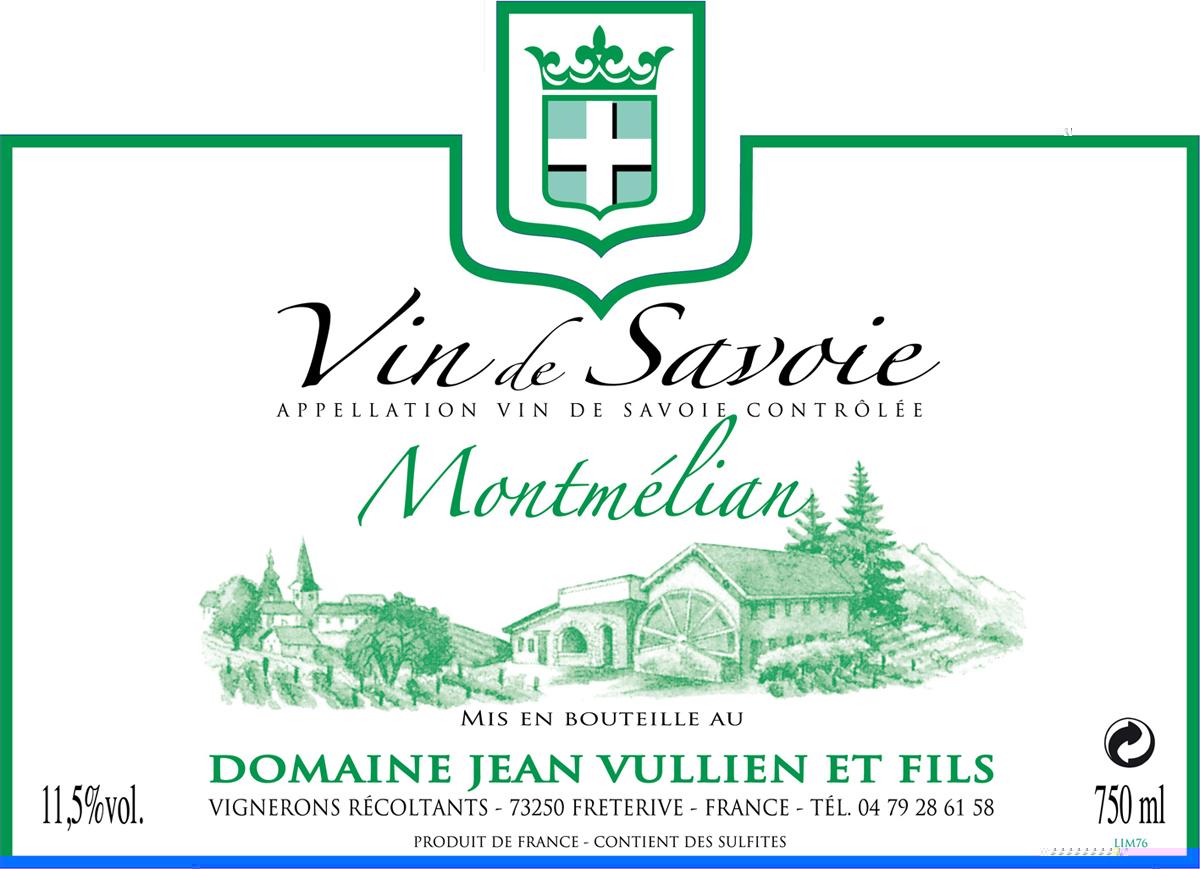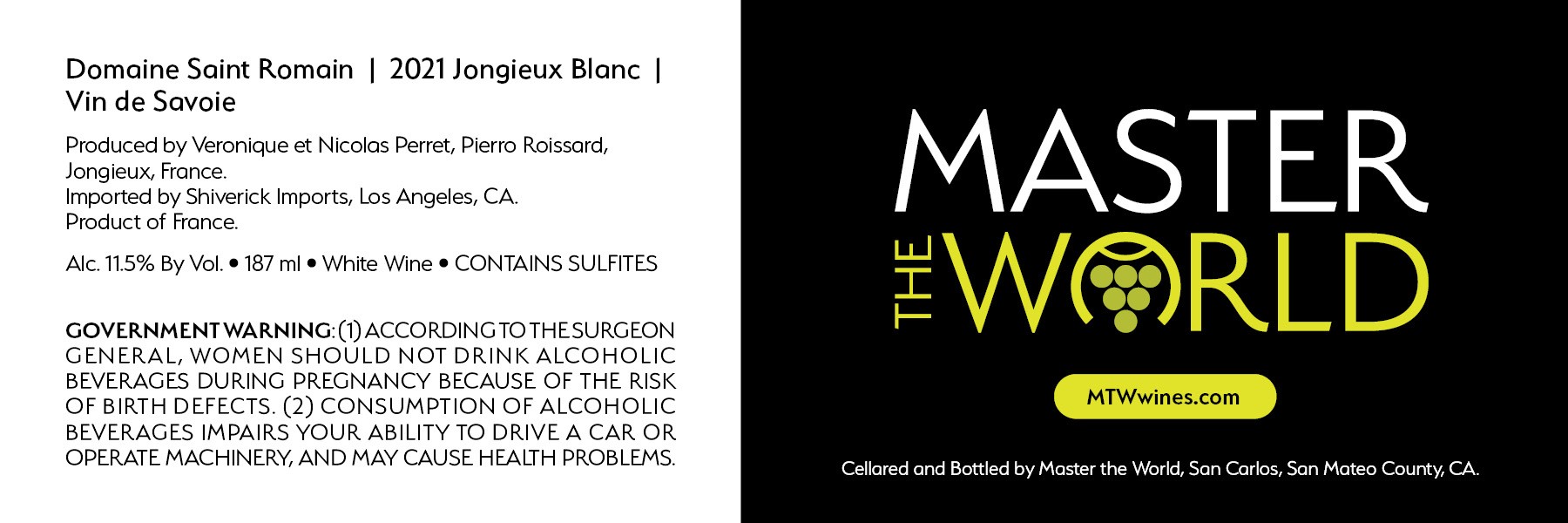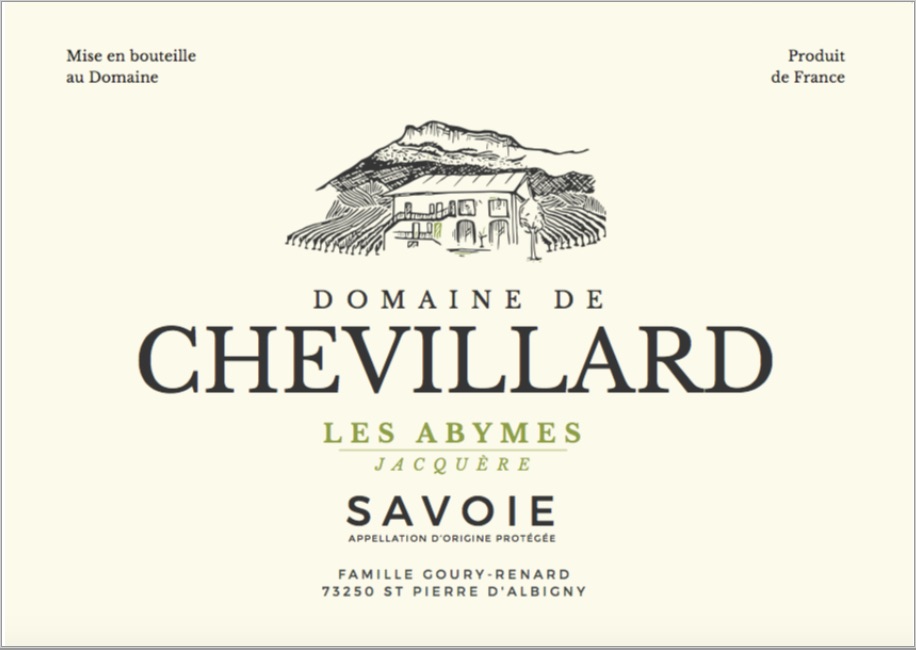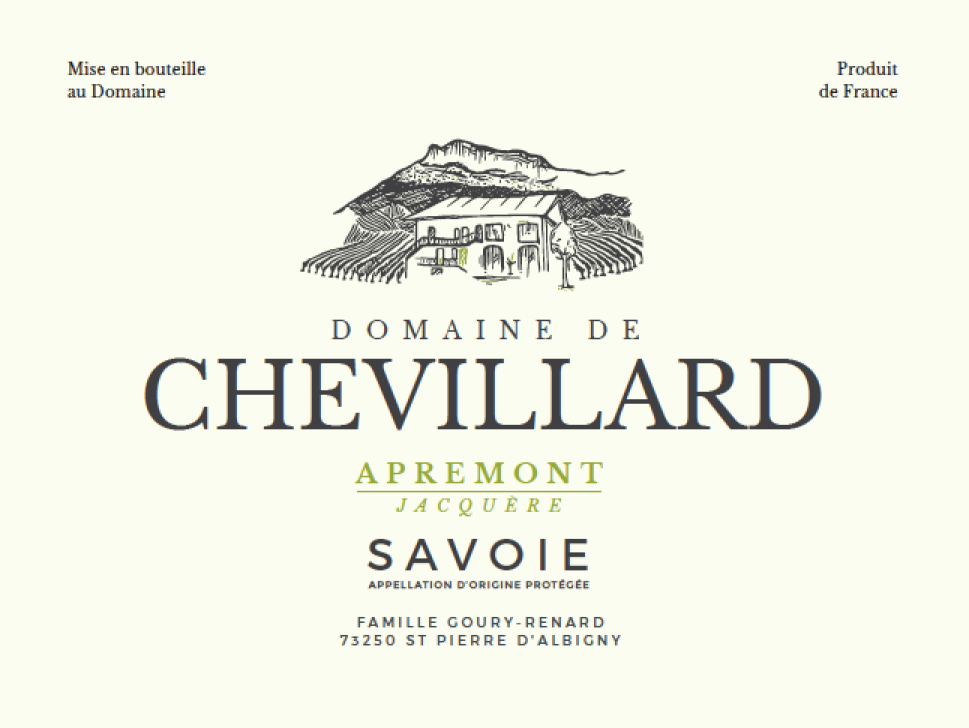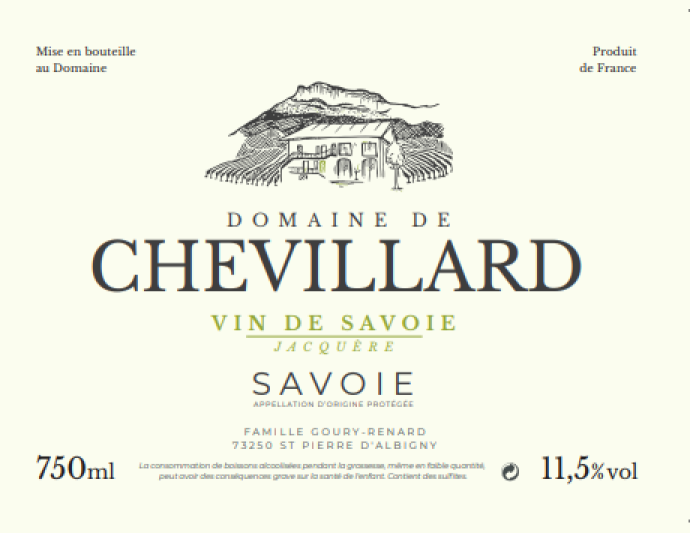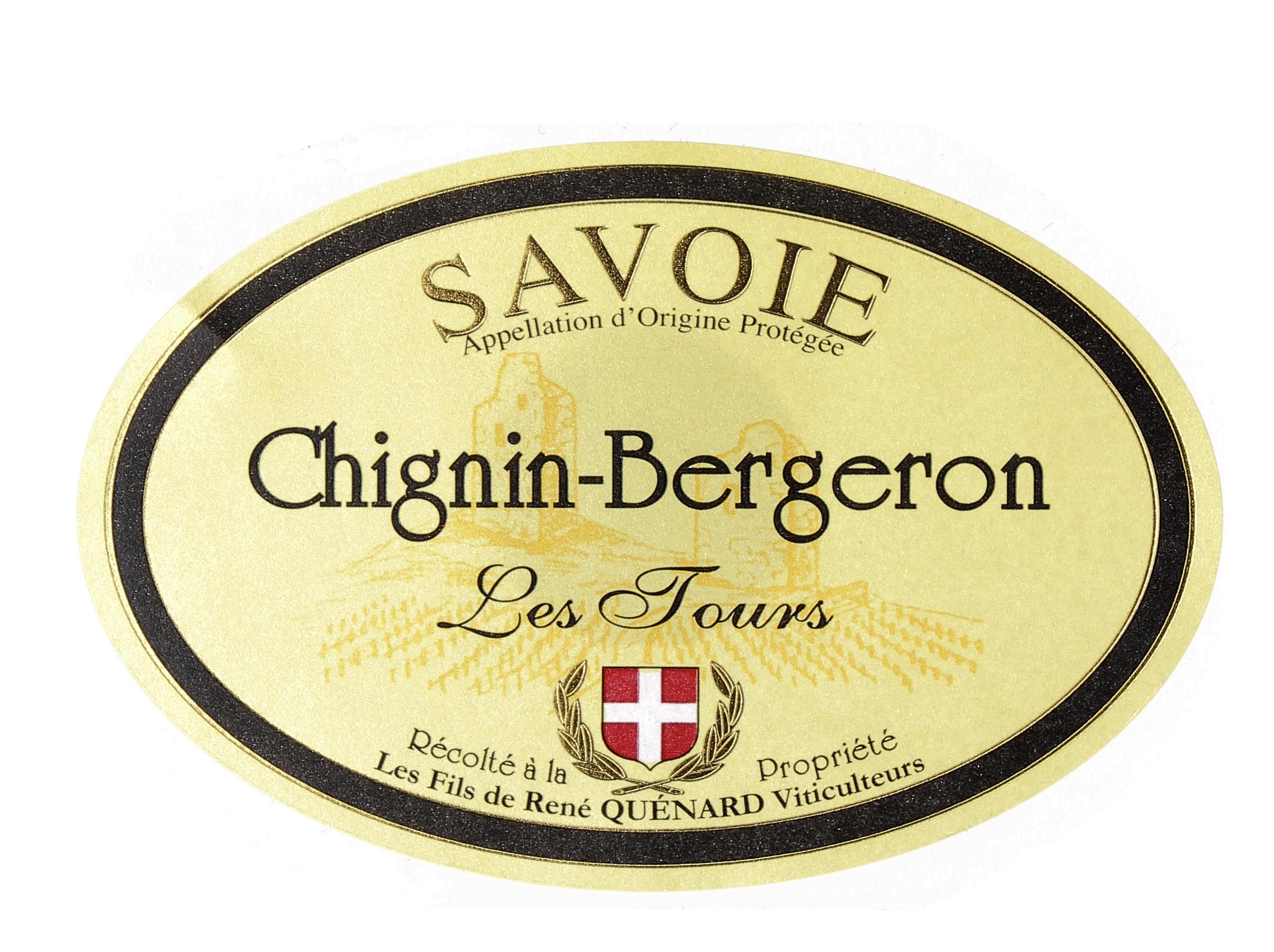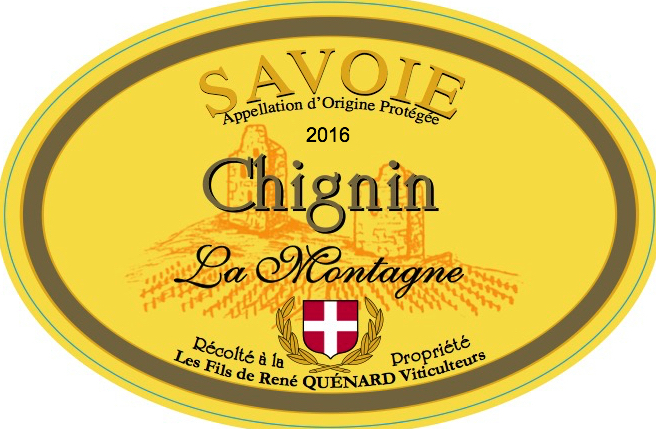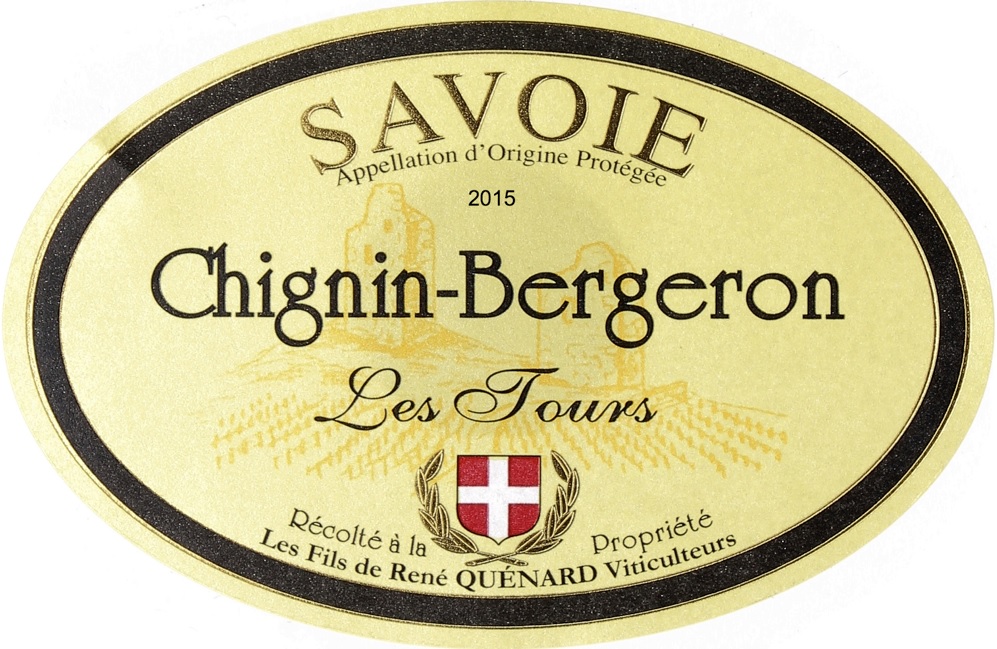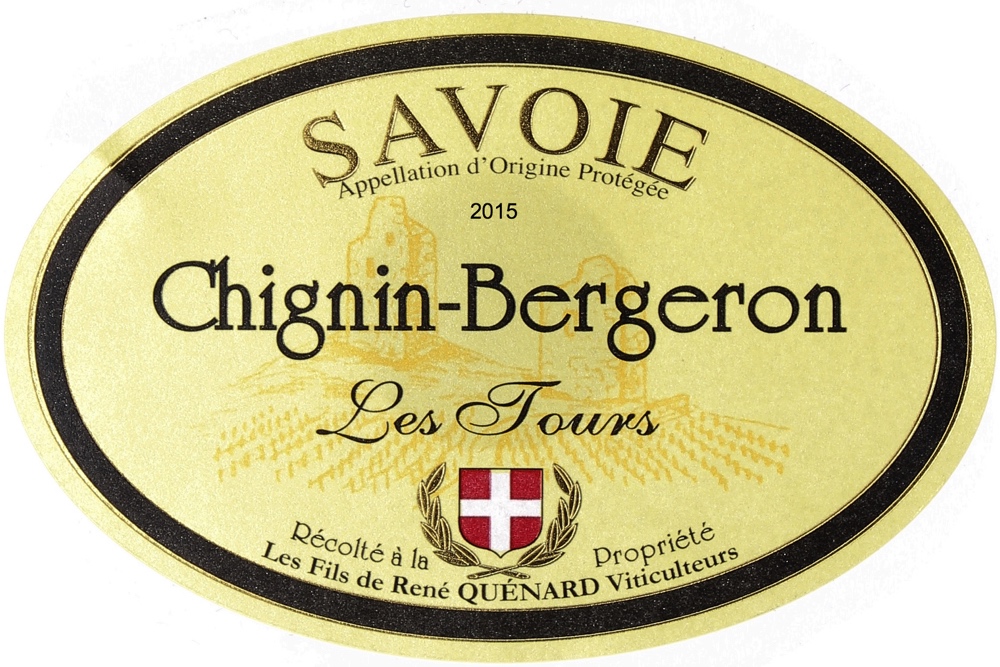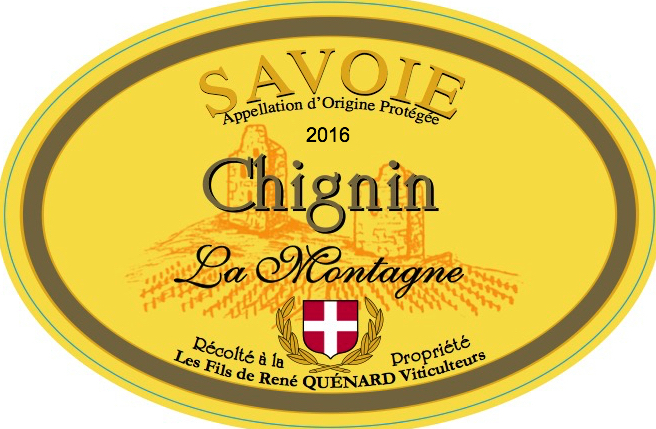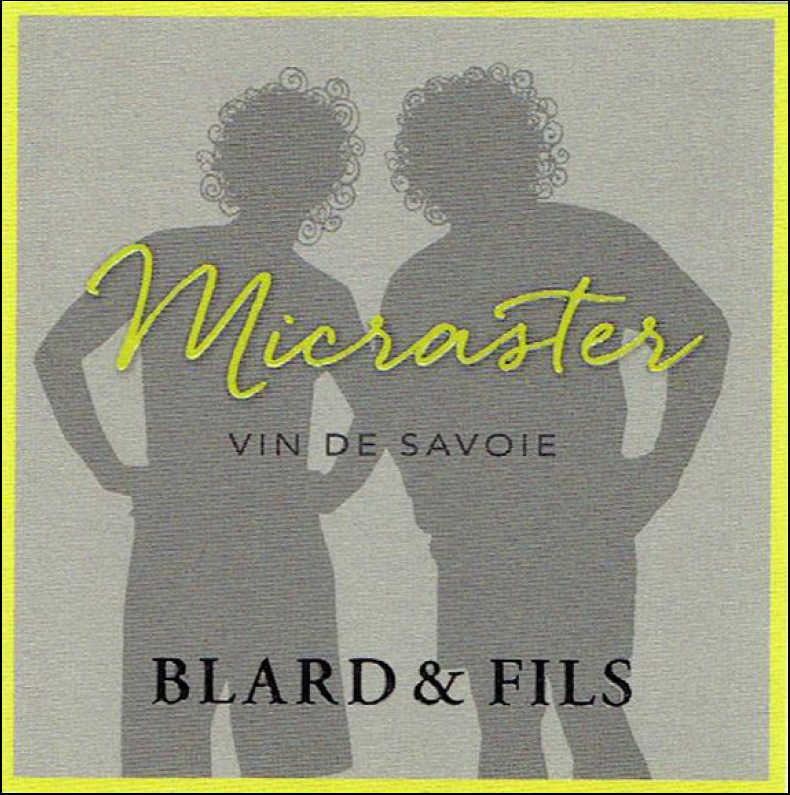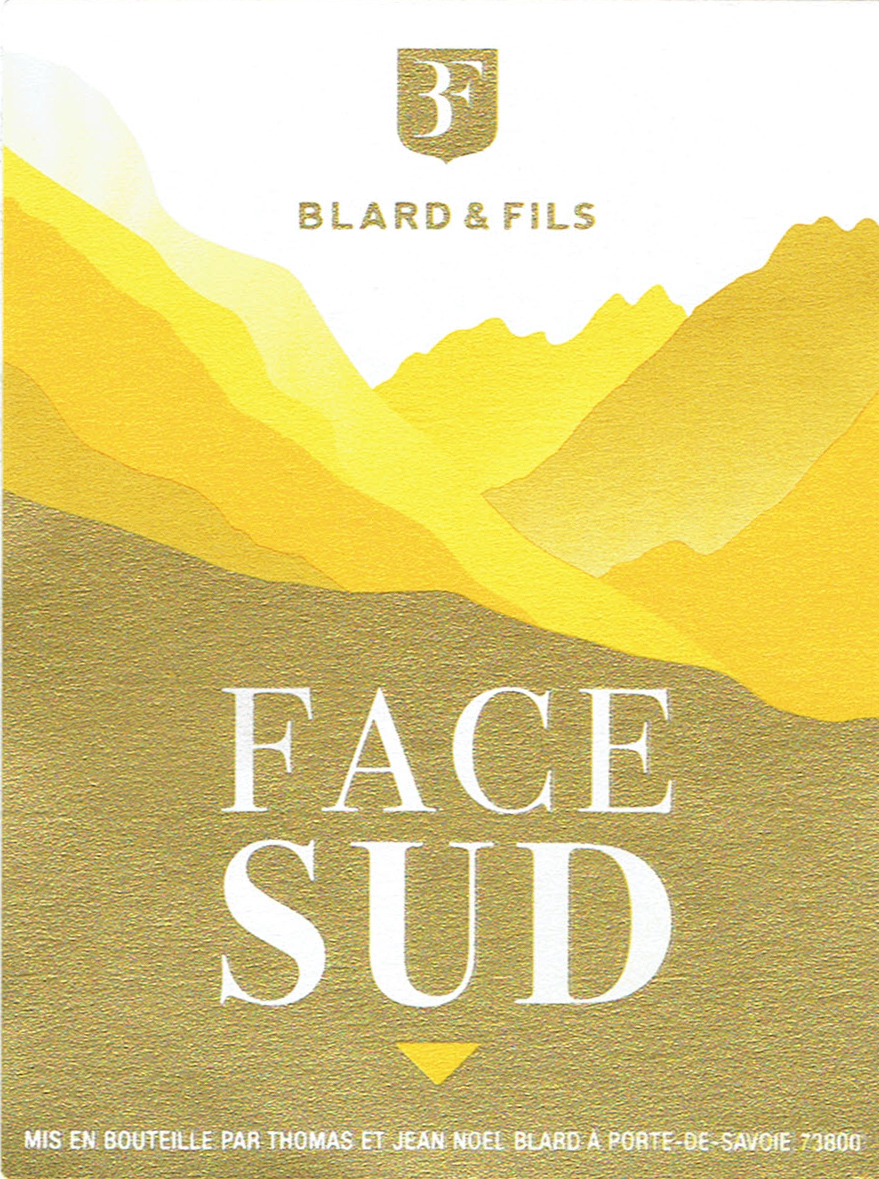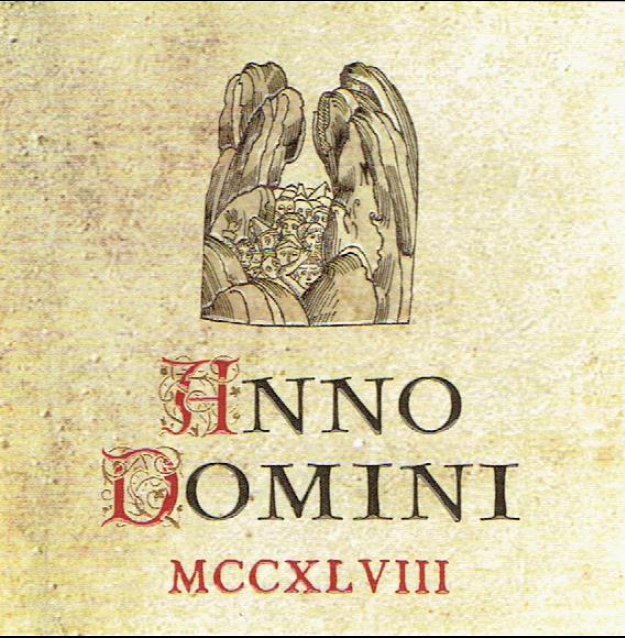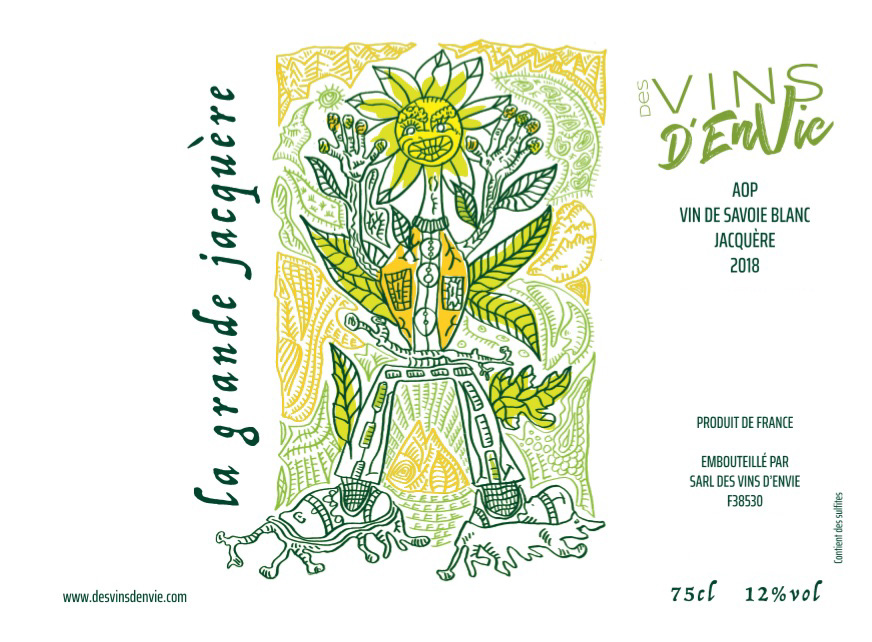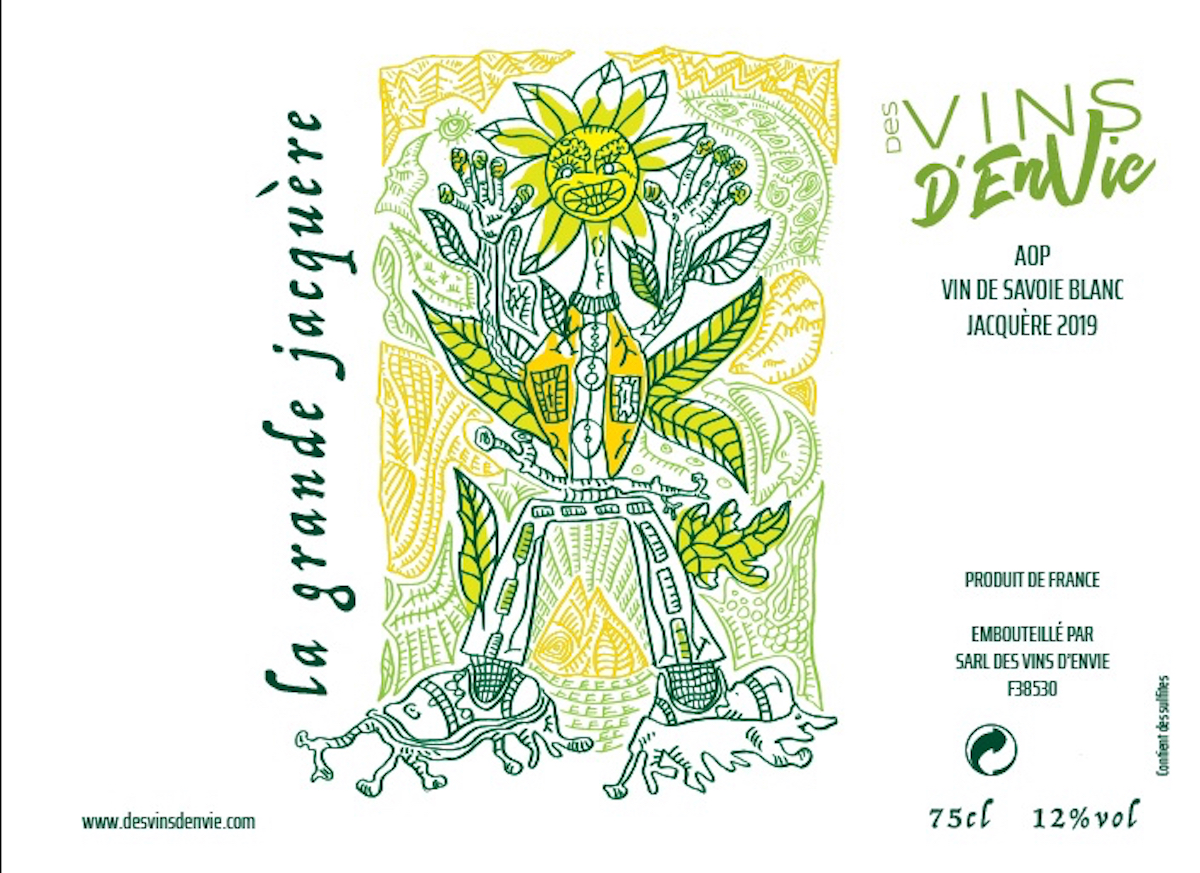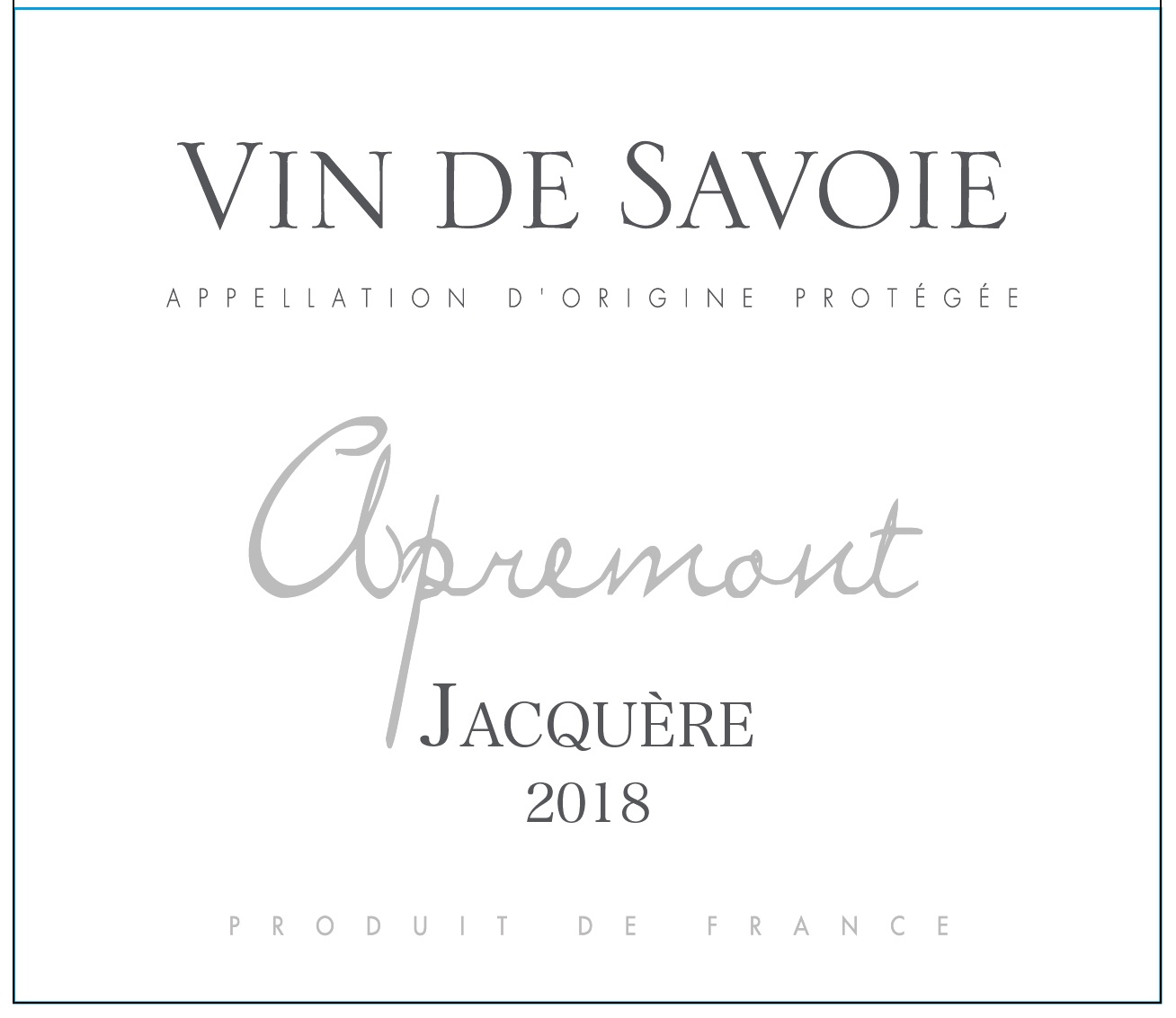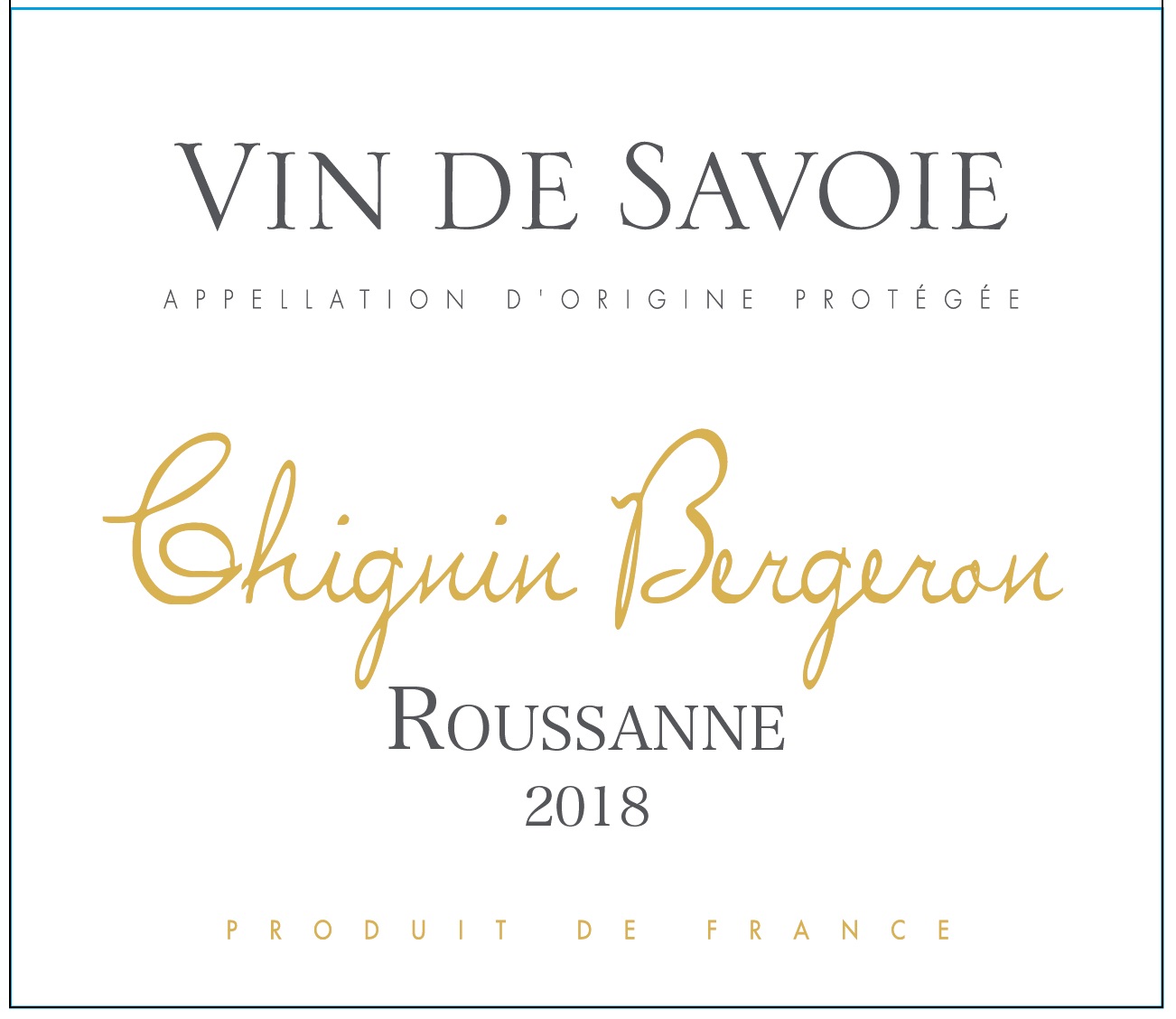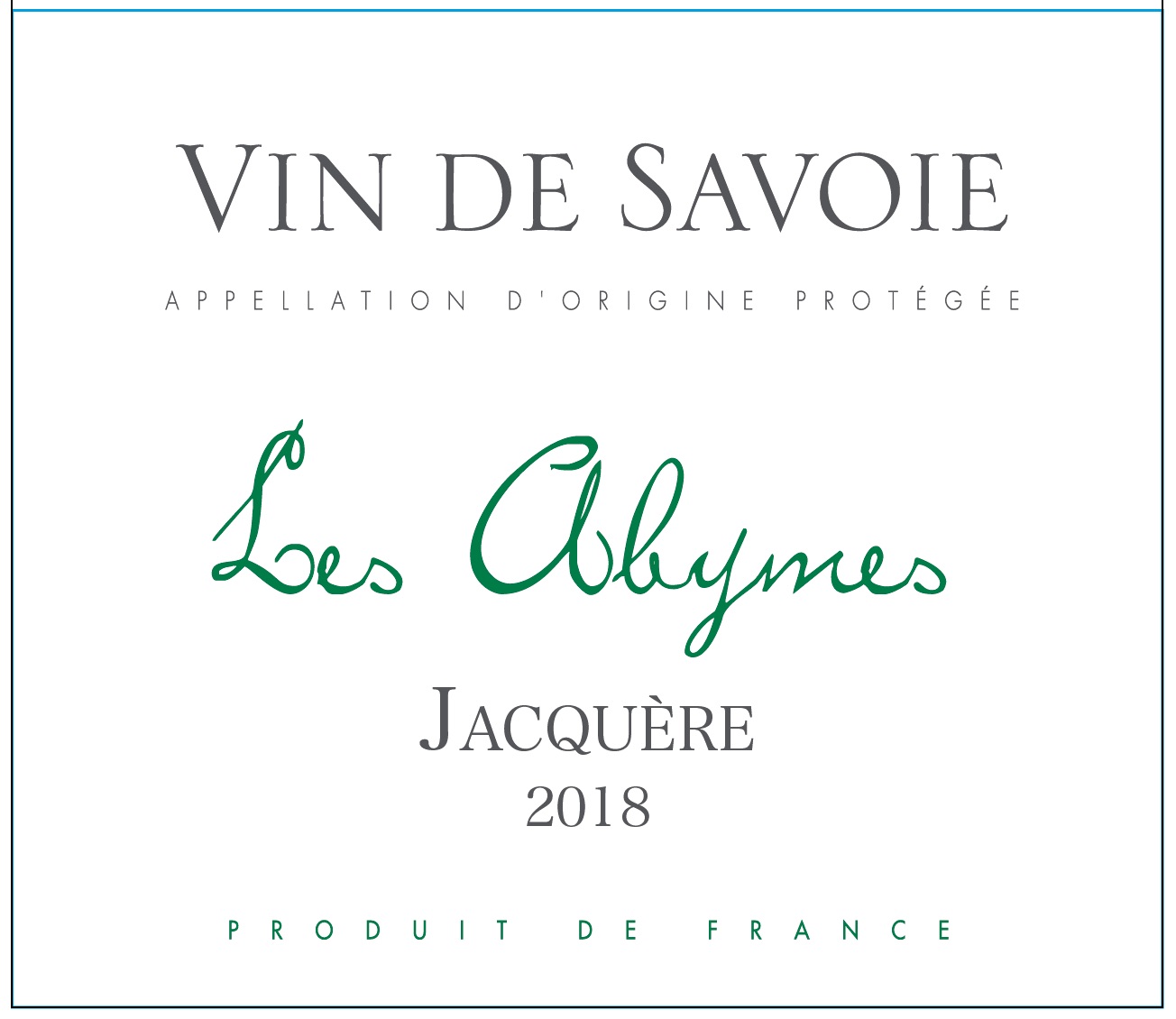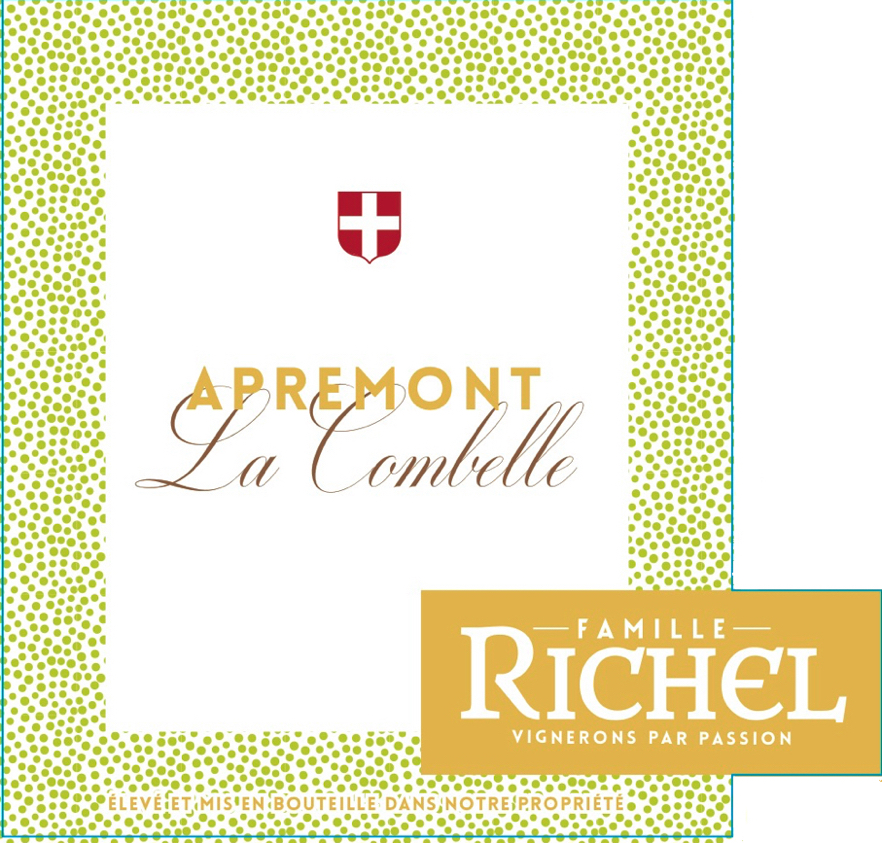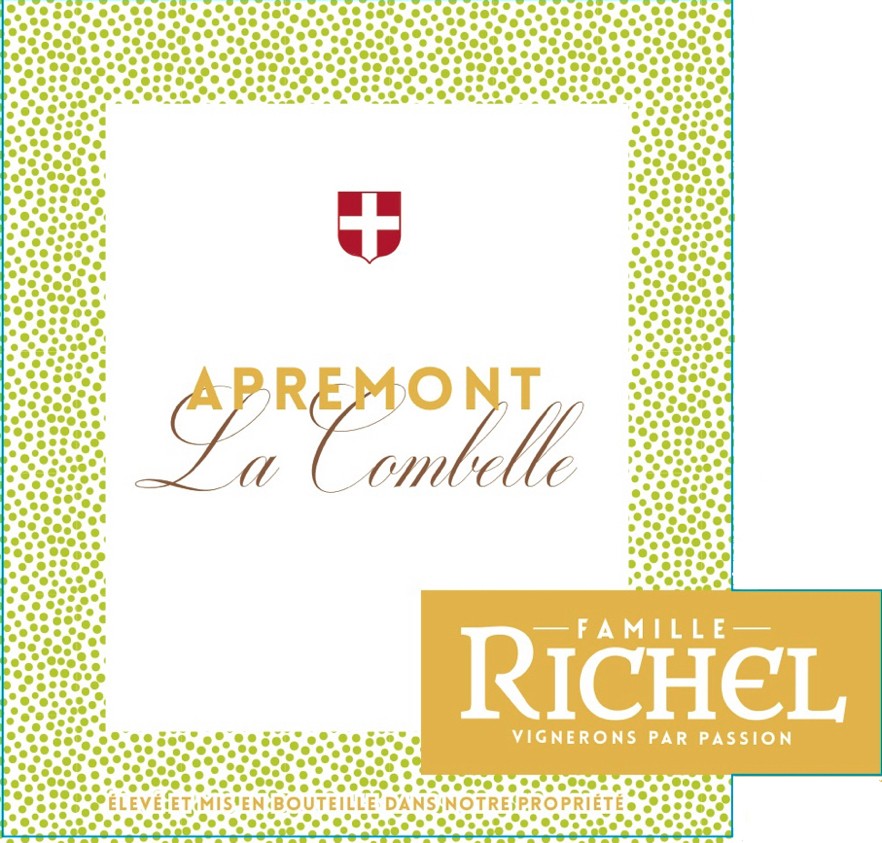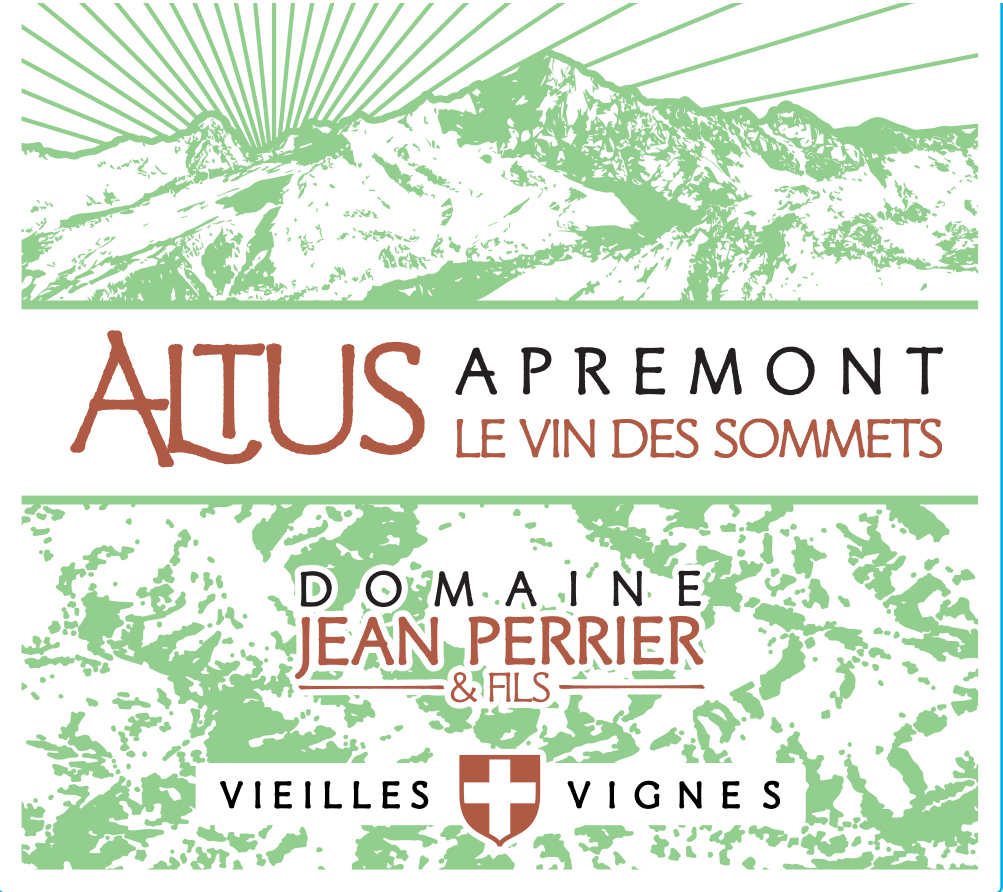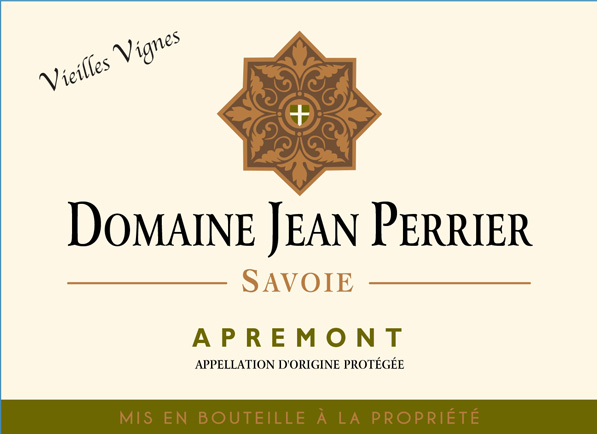Terroir of Savoie
Savoie's wines are shaped by its stunning Alpine setting, with vineyards situated between 250 and 600 meters high. The climate is mainly continental, with cold winters and warm summers, also influenced by alpine and Mediterranean breezes. Large lakes like Lac du Bourget and Lake Geneva help stabilize temperatures, protecting vines from harsh conditions.
The region’s soils, formed by ancient glaciers and mountain erosion, are key to its diverse wine styles. Limestone scree on steep slopes ensures great drainage and adds a flinty taste to the wines. Glacial moraines mix clay, limestone, and schist, perfect for creating mineral-rich whites. In spots where red grapes like Mondeuse flourish, schist terraces add structure and earthy depth to the wines. This unique land supports the lively acidity and aromatic complexity that make Savoie wines special.
Notable Wineries in Savoie
Savoie's wine landscape is characterized by passionate, small-scale producers, each contributing to the region's reputation for exceptional, artisanal wines. Here are some of the most notable wineries:
-
Domaine Belluard (now Domaine du Gringet): Known for reviving the Gringet grape, this estate excels in crafting both still and sparkling wines in Ayze.
-
André & Michel Quenard: This family estate in Chignin is renowned for high-quality Jacquère and Mondeuse wines.
-
Domaine Giachino: A leader in biodynamic and natural winemaking, offering expressive wines from Jacquère, Mondeuse, and Persan.
-
Jean-Yves Péron: Celebrated for unique, natural wines with skin contact, using Altesse and Mondeuse.
-
Domaine Dupasquier: Known for traditional, age-worthy Altesse wines from Marestel.
Sustainable Winemaking in Savoie
In the heart of Savoie, sustainable winemaking is a commitment to preserving the Alpine landscape. Organic and biodynamic practices dominate, with winemakers prioritizing the health of their vineyards through natural solutions like herbal teas and compost. This dedication extends to promoting biodiversity by planting trees and cover crops, which create habitats for beneficial insects and improve soil moisture retention.
In the cellar, minimal intervention is the norm, using native yeasts and reducing sulfur use. The VITIVALO project, led by Université Savoie Mont Blanc, exemplifies innovation in sustainability, transforming vine cuttings into valuable resources instead of waste. Such efforts underscore Savoie's commitment to crafting wines that respect the environment and reflect its unique terroir.
Wine Tourism in Savoie
Wine tourism in Savoie offers a genuine escape into the heart of the Alps, where wine, nature, and culture harmoniously blend.
The Savoie Wine Route is a part of the broader Alpine Wine Route, providing seamless access to explore this picturesque region that borders Italy. The national Vignobles & Découvertes label ensures visitors discover top-quality wineries, dining, and lodging, focusing on the "Cœur de Savoie" and "Aix-les-Bains Riviera des Alpes" areas.
Tours often include outdoor activities like hiking and biking, adding a dynamic element to the wine-tasting experience. Culinary pairings highlight local flavors; for instance, cheese dishes such as fondue pair well with the region's crisp whites like Jacquère.
Although large festivals are rare, the area hosts intimate events like "Apéro'Vignes" in the summer and harvest celebrations in the fall, allowing for an immersive cultural experience.



